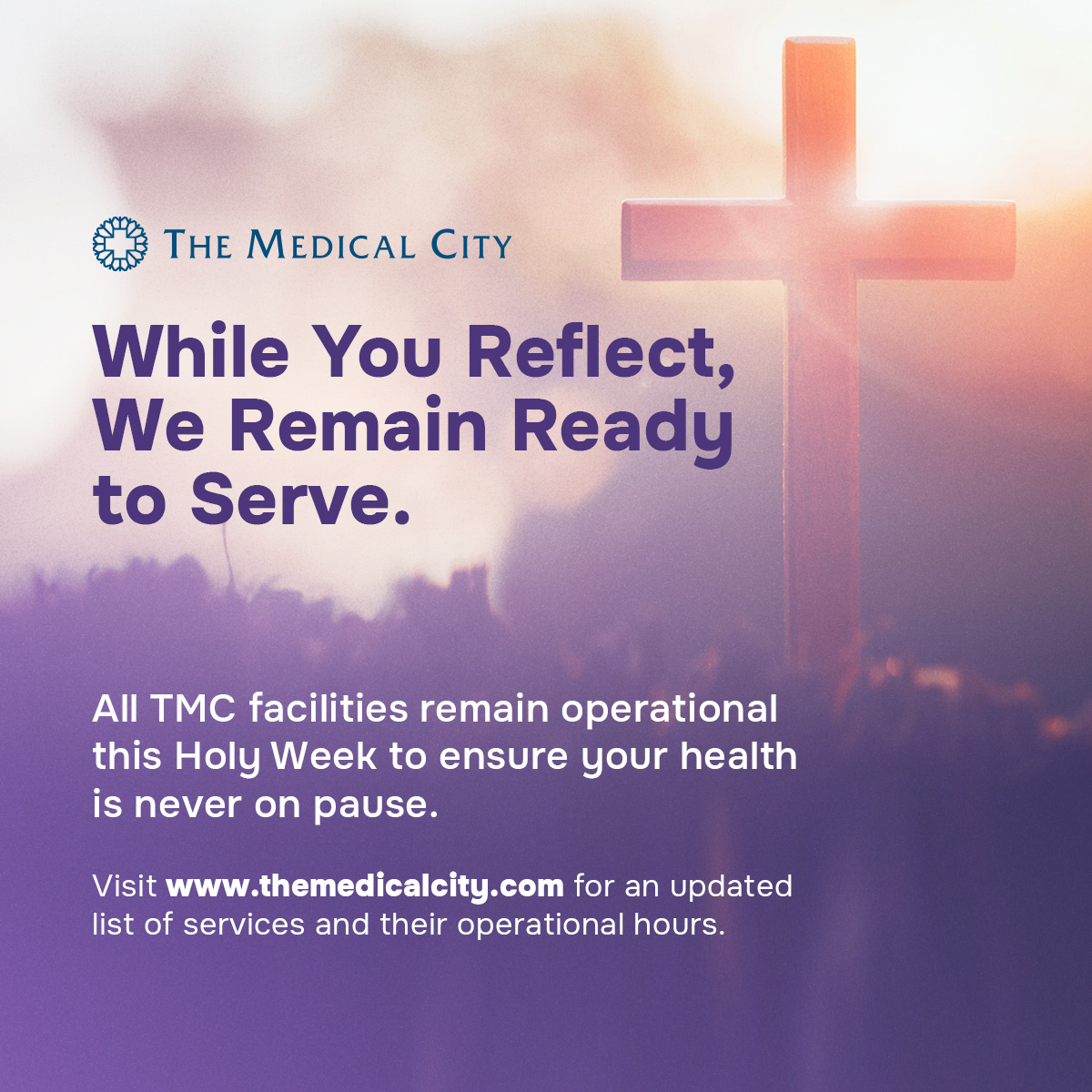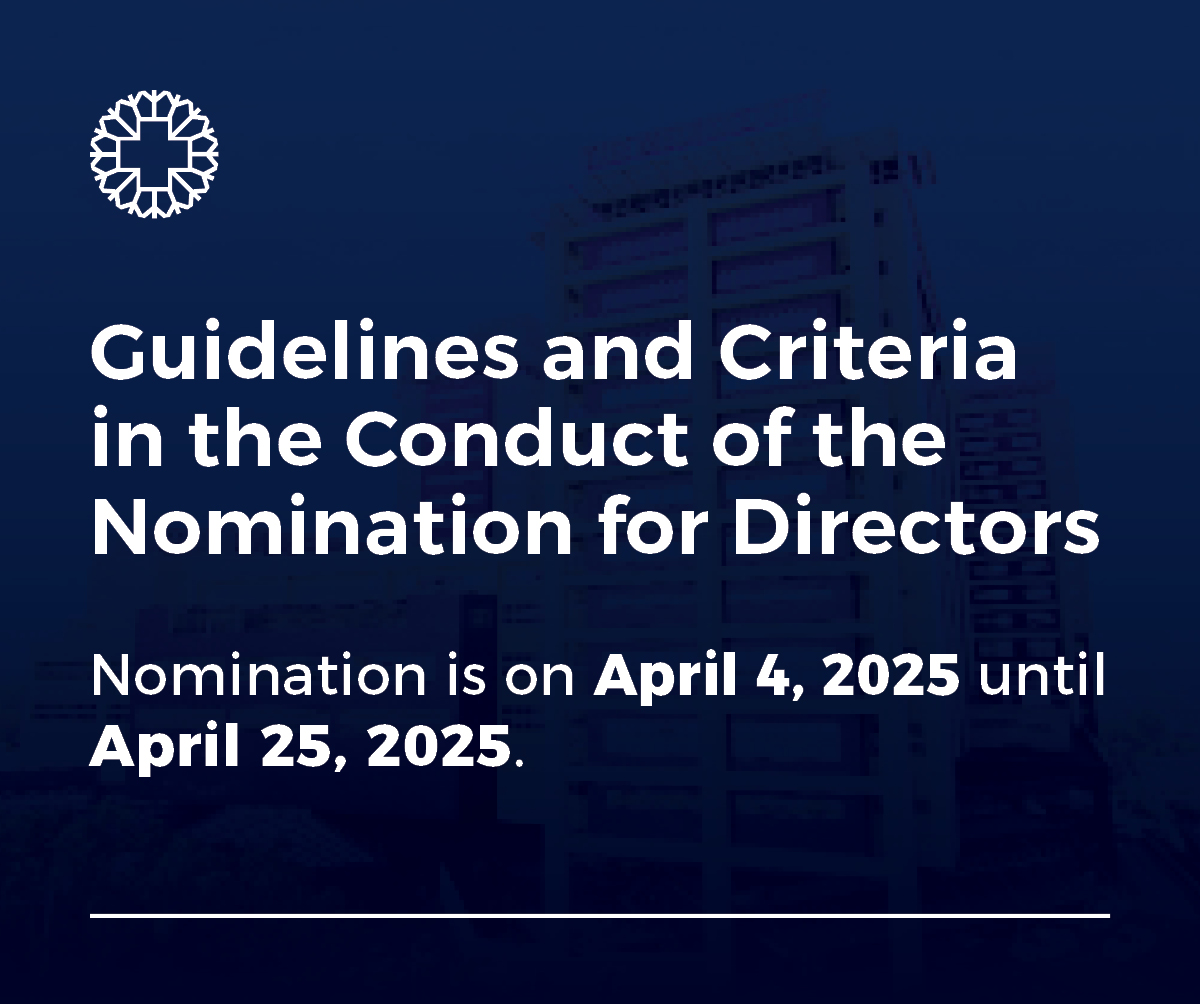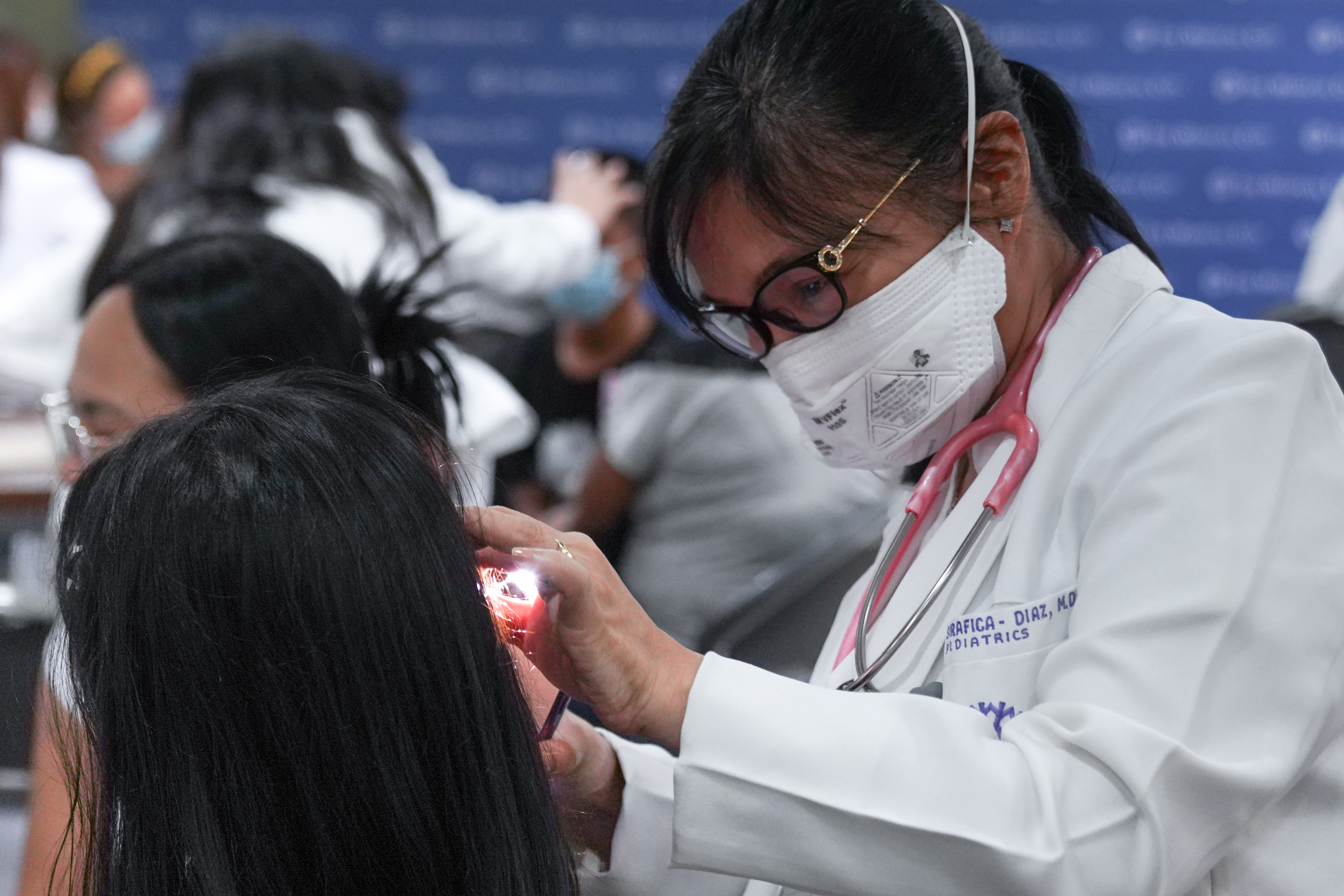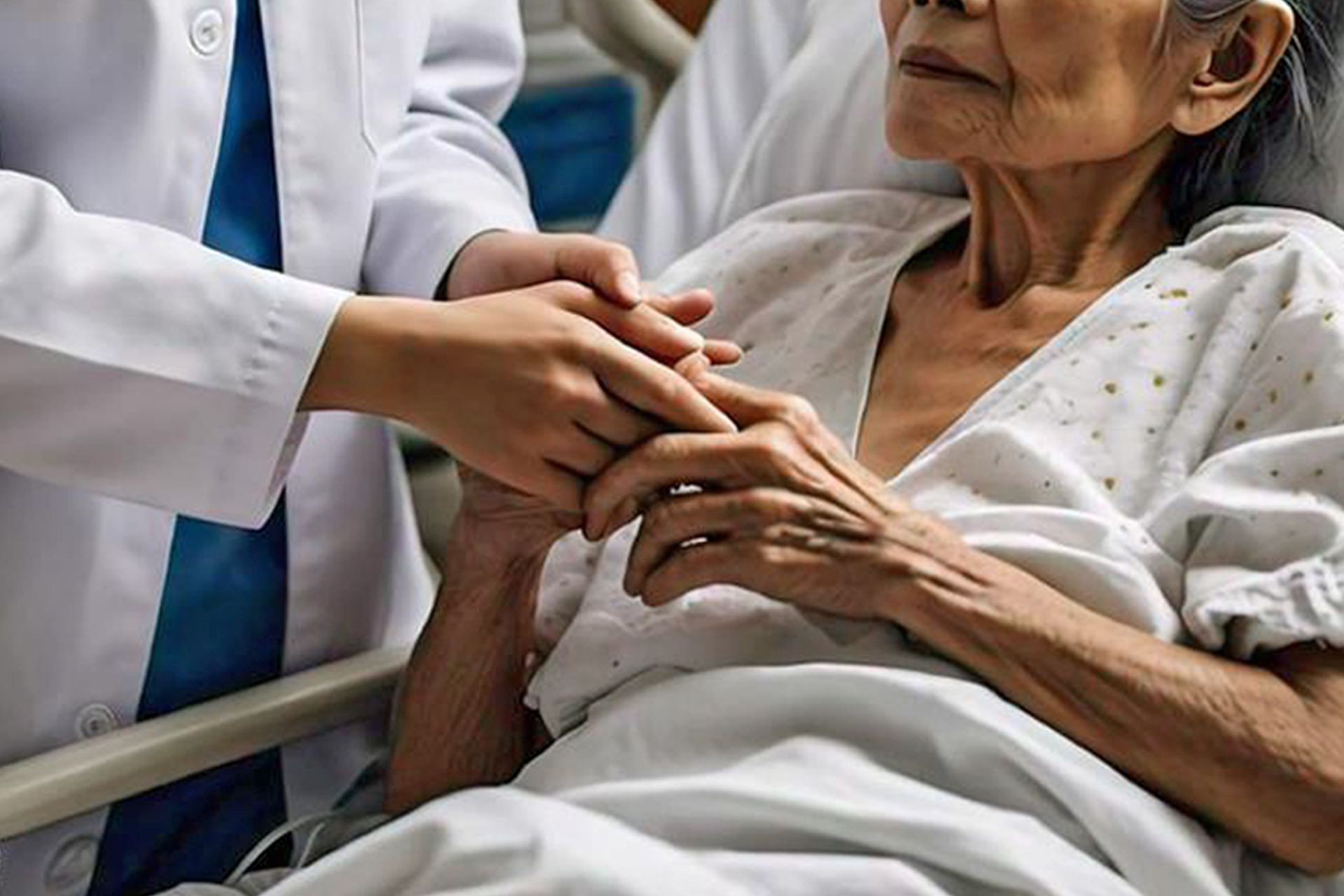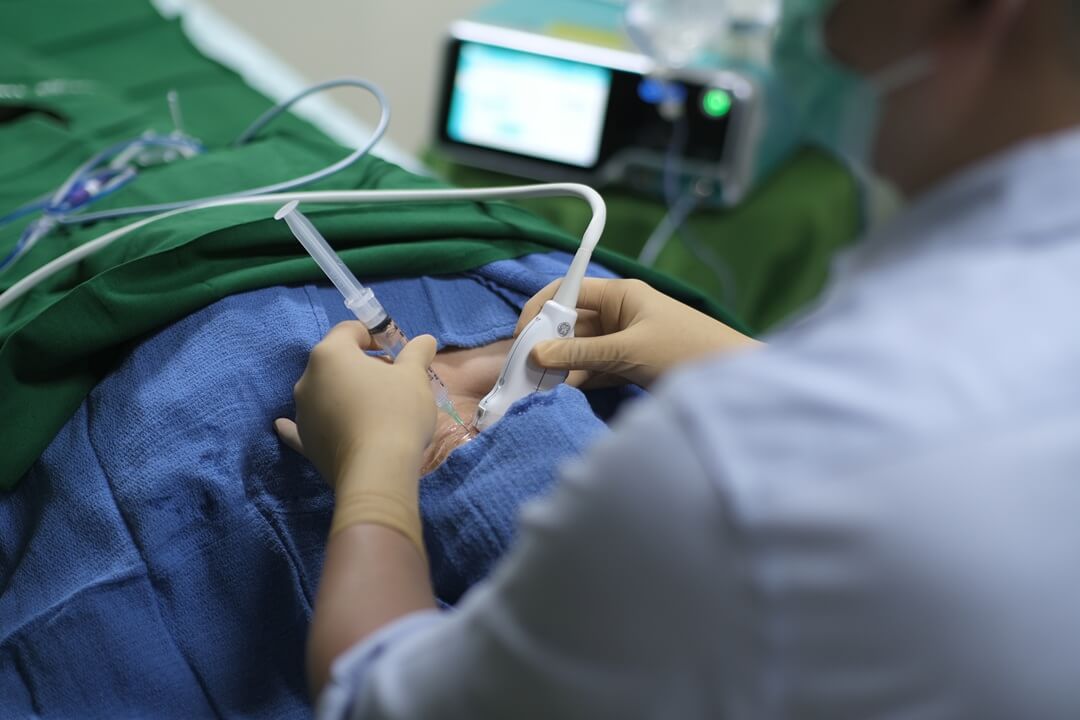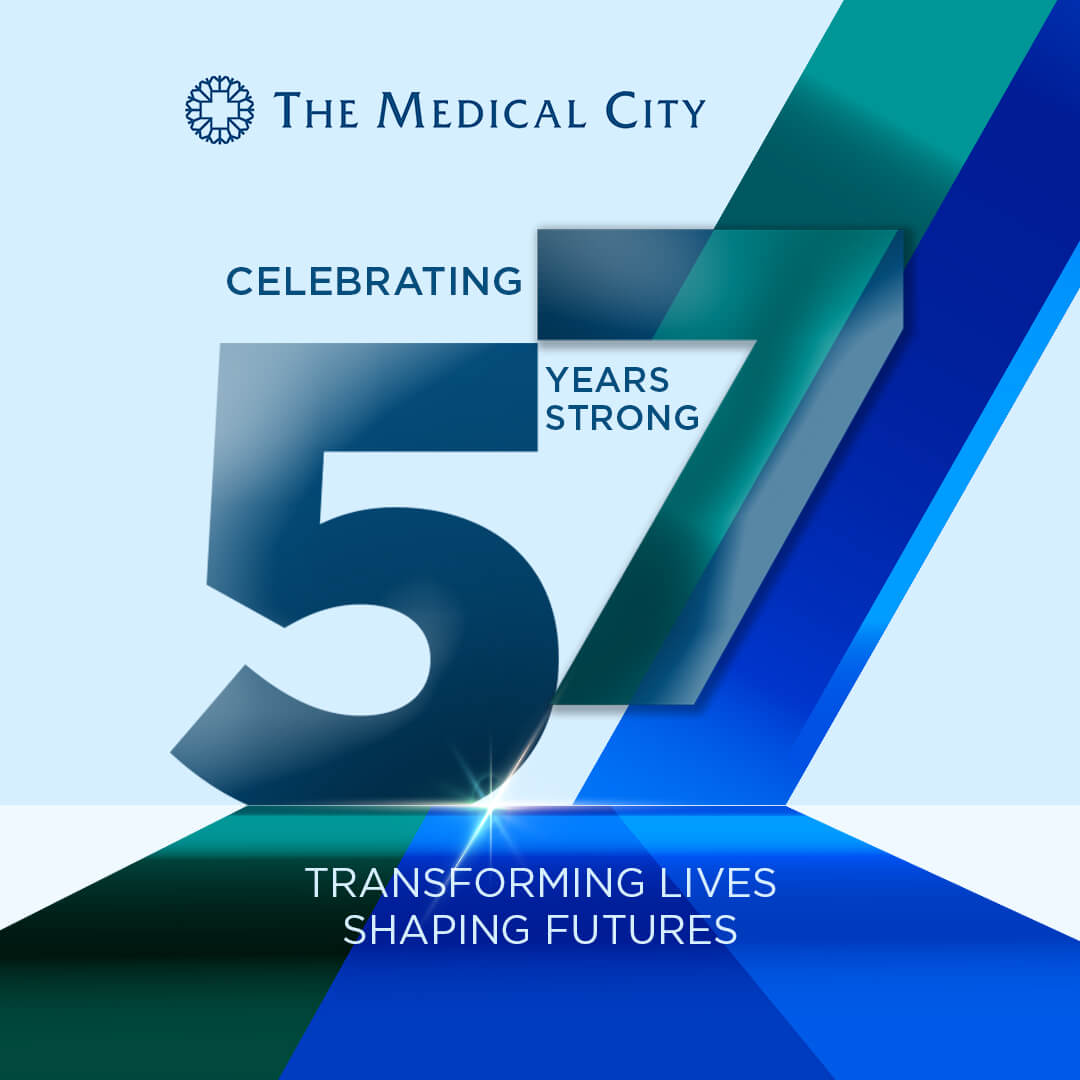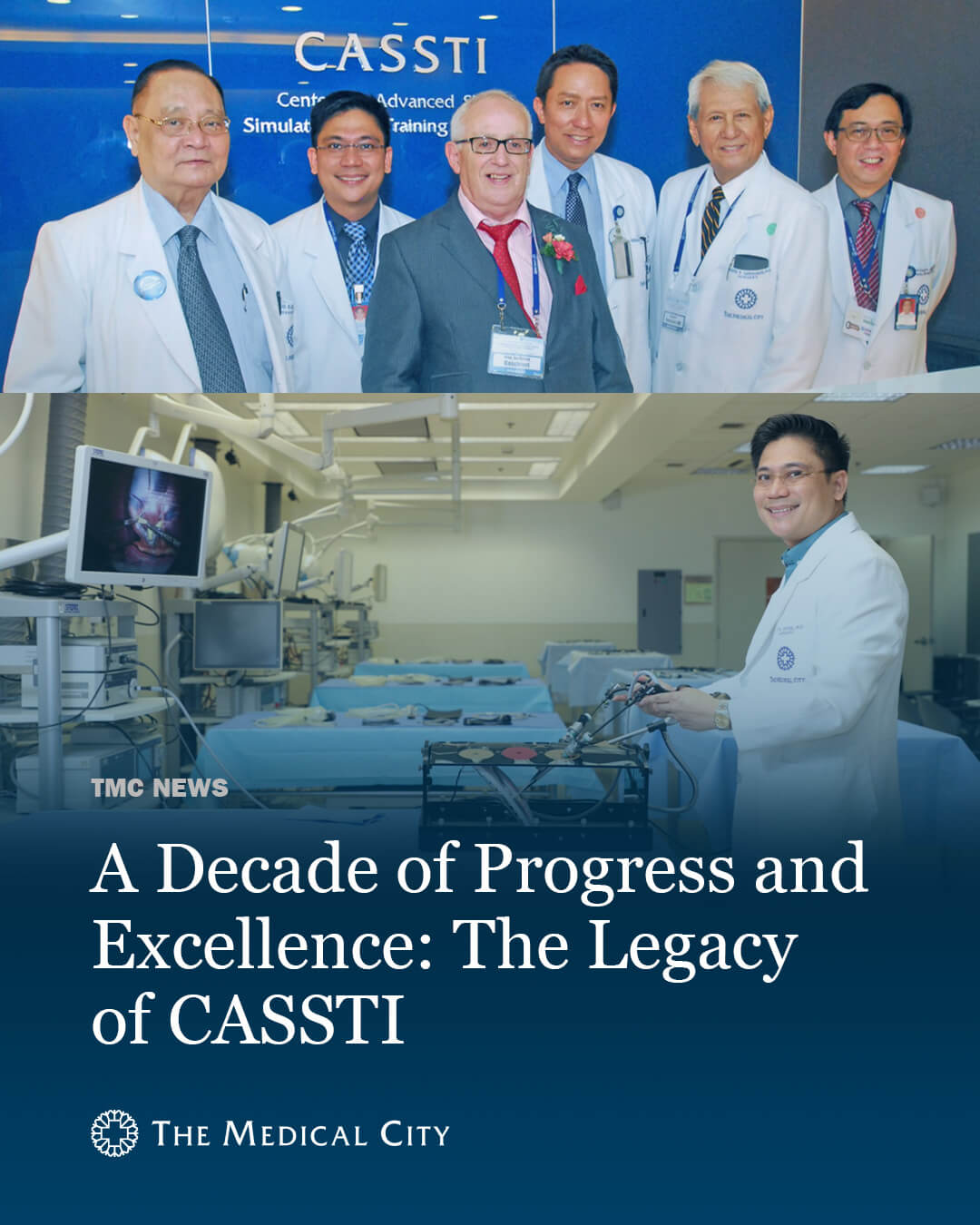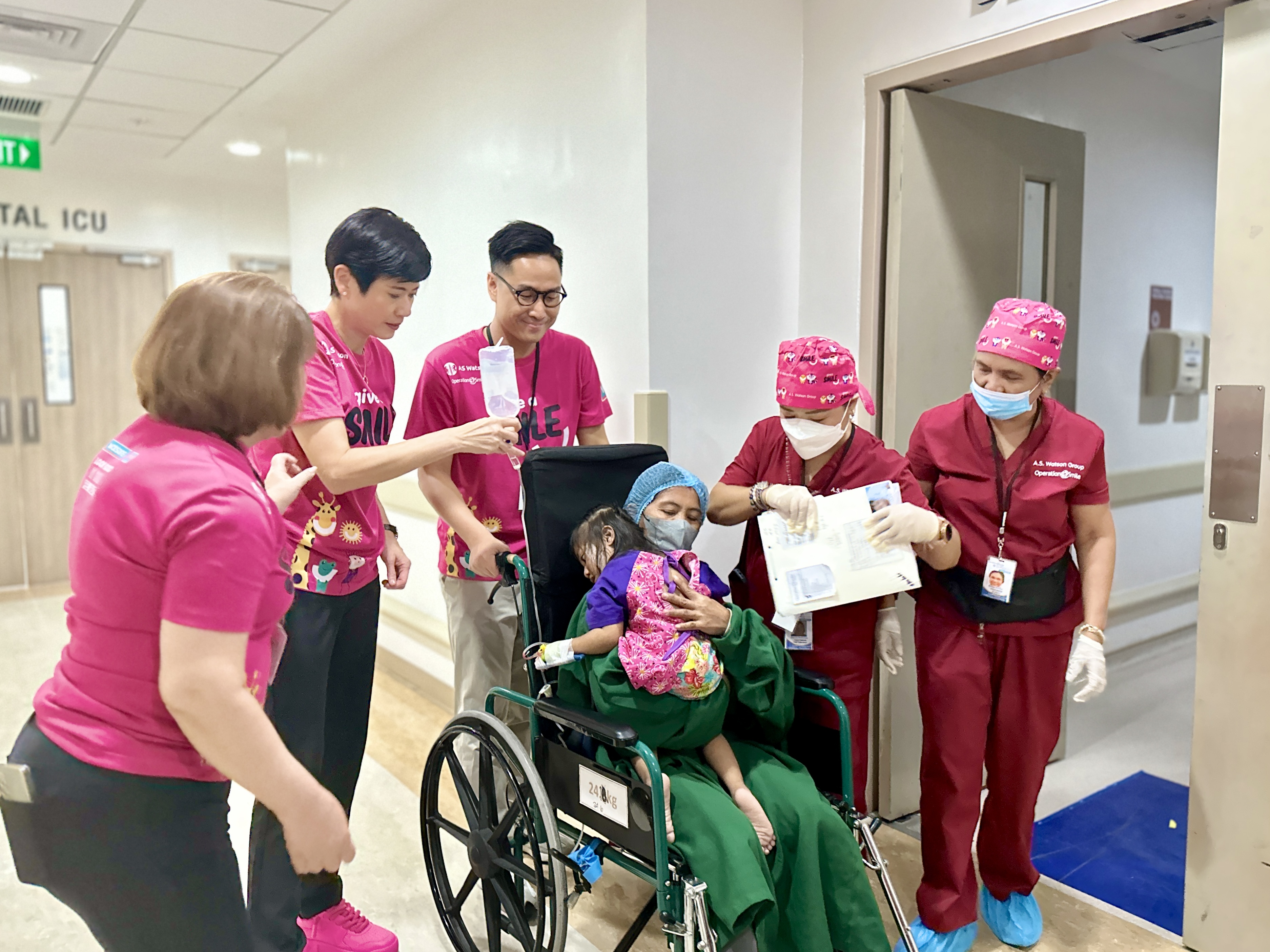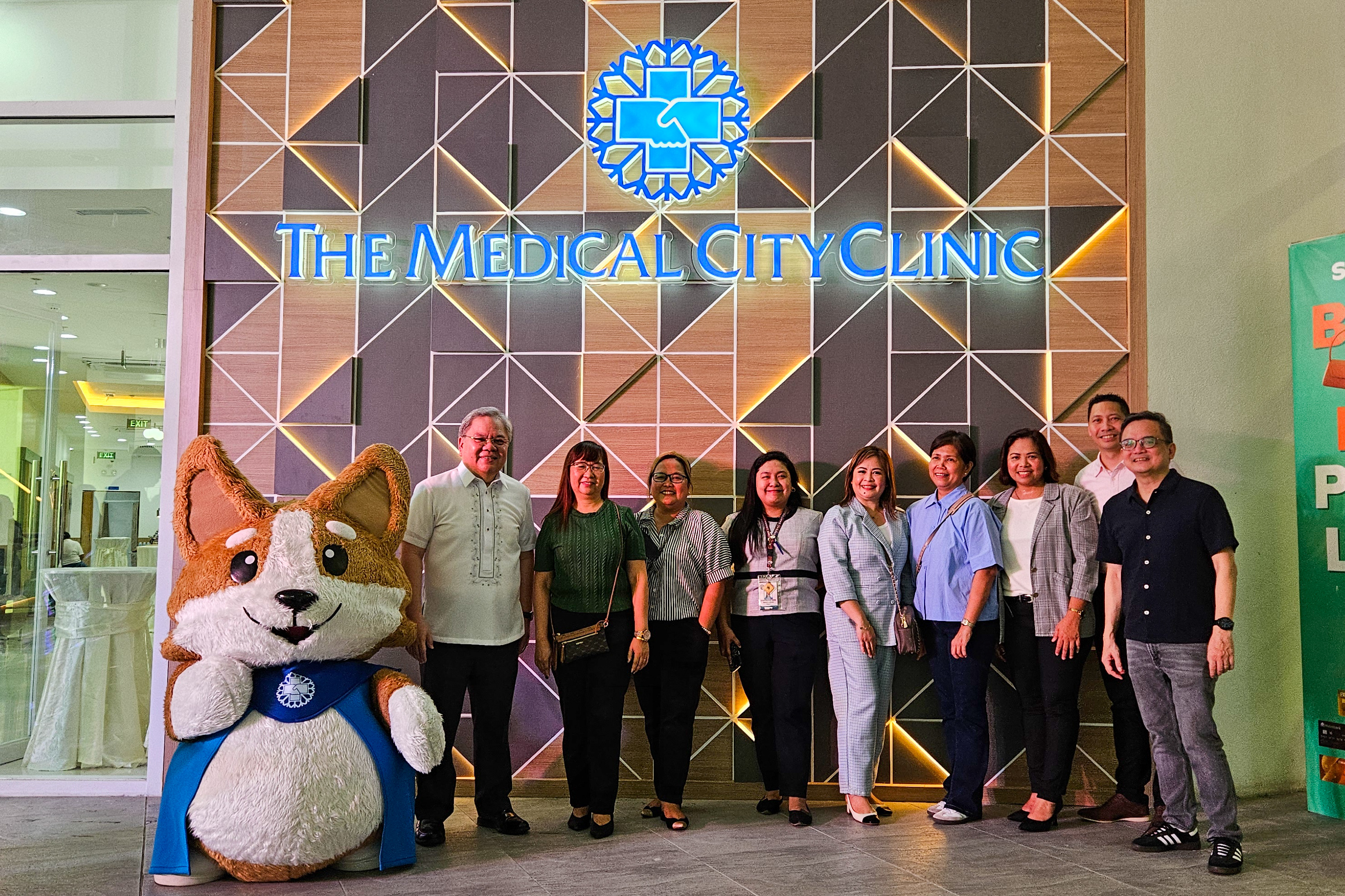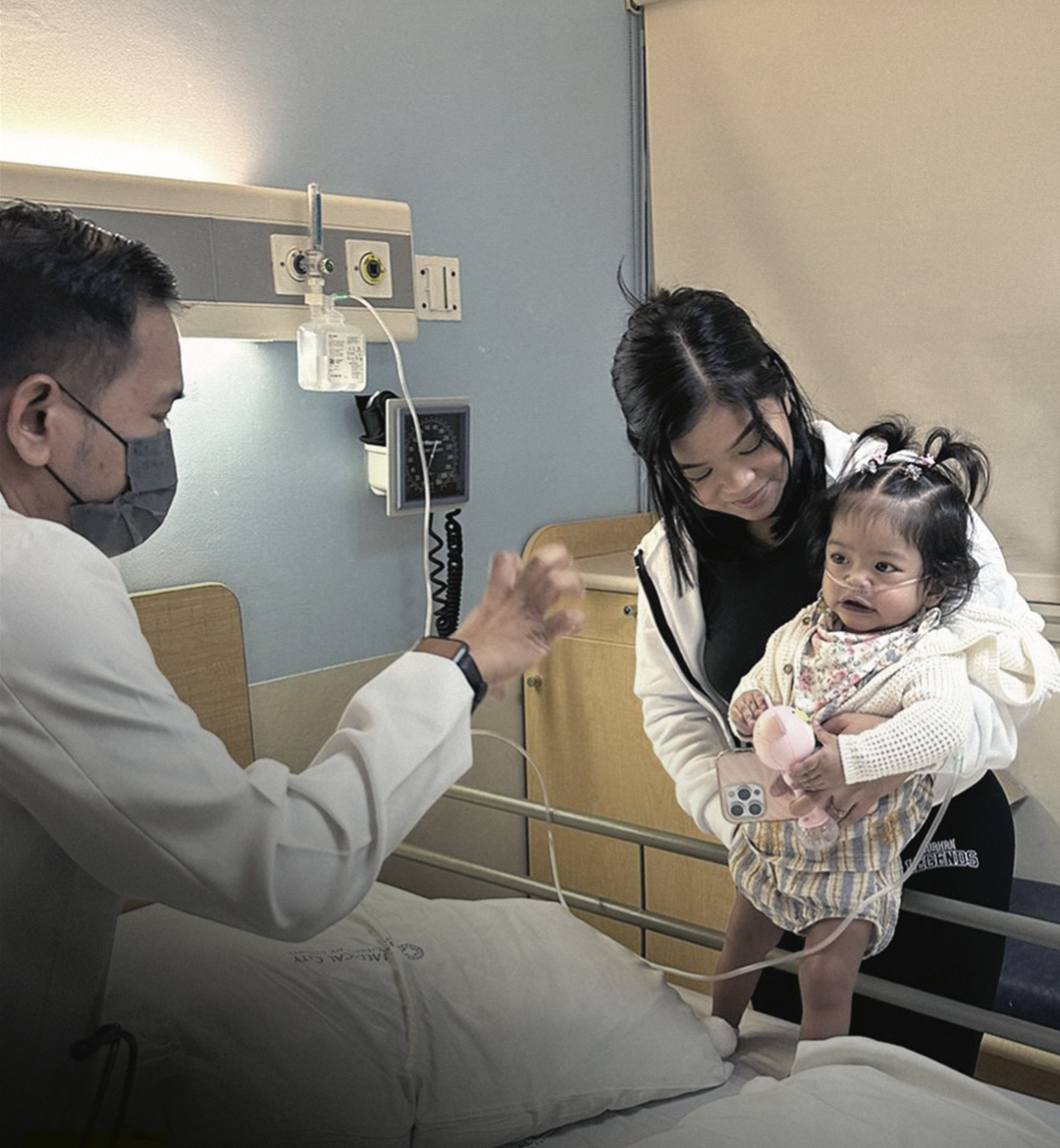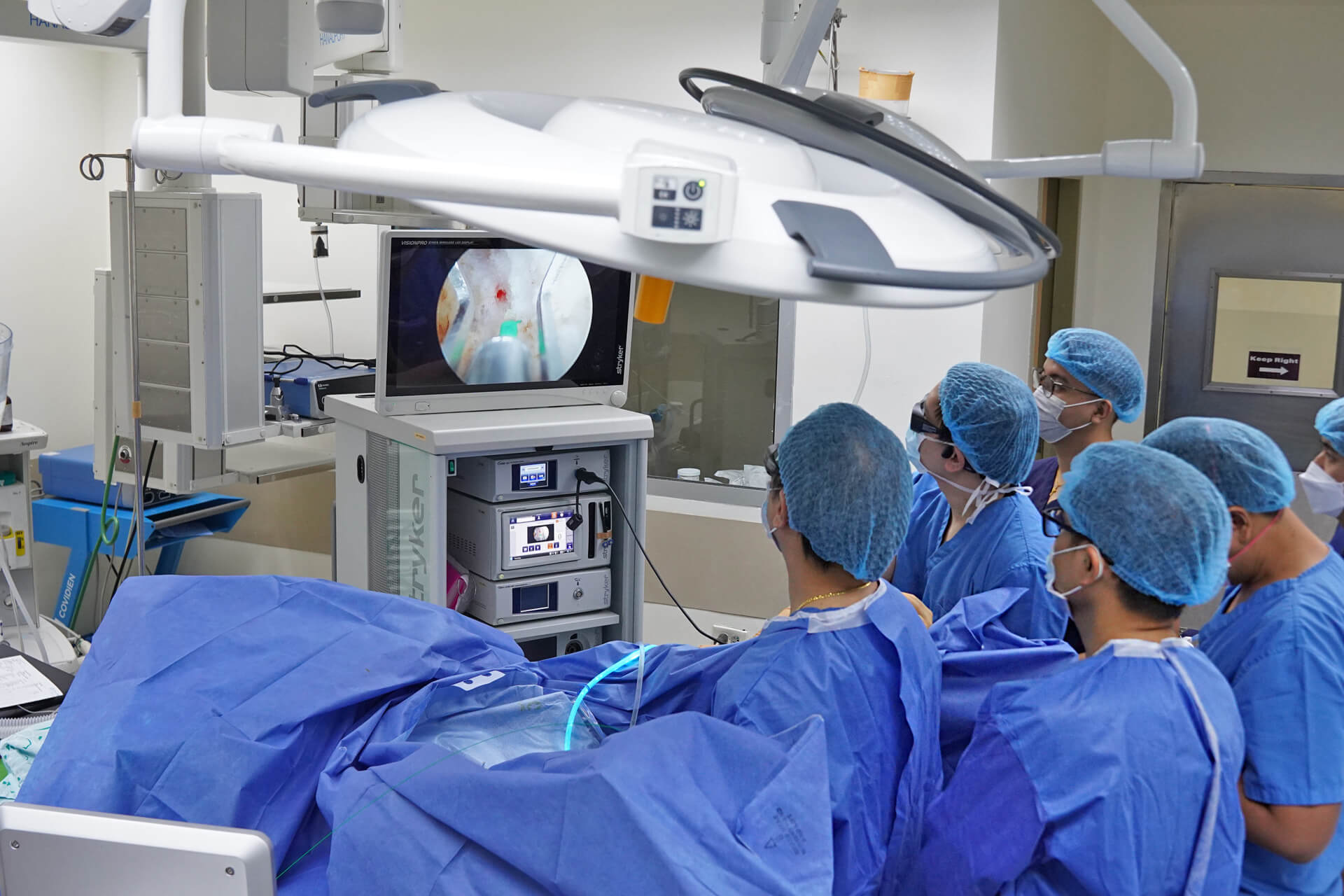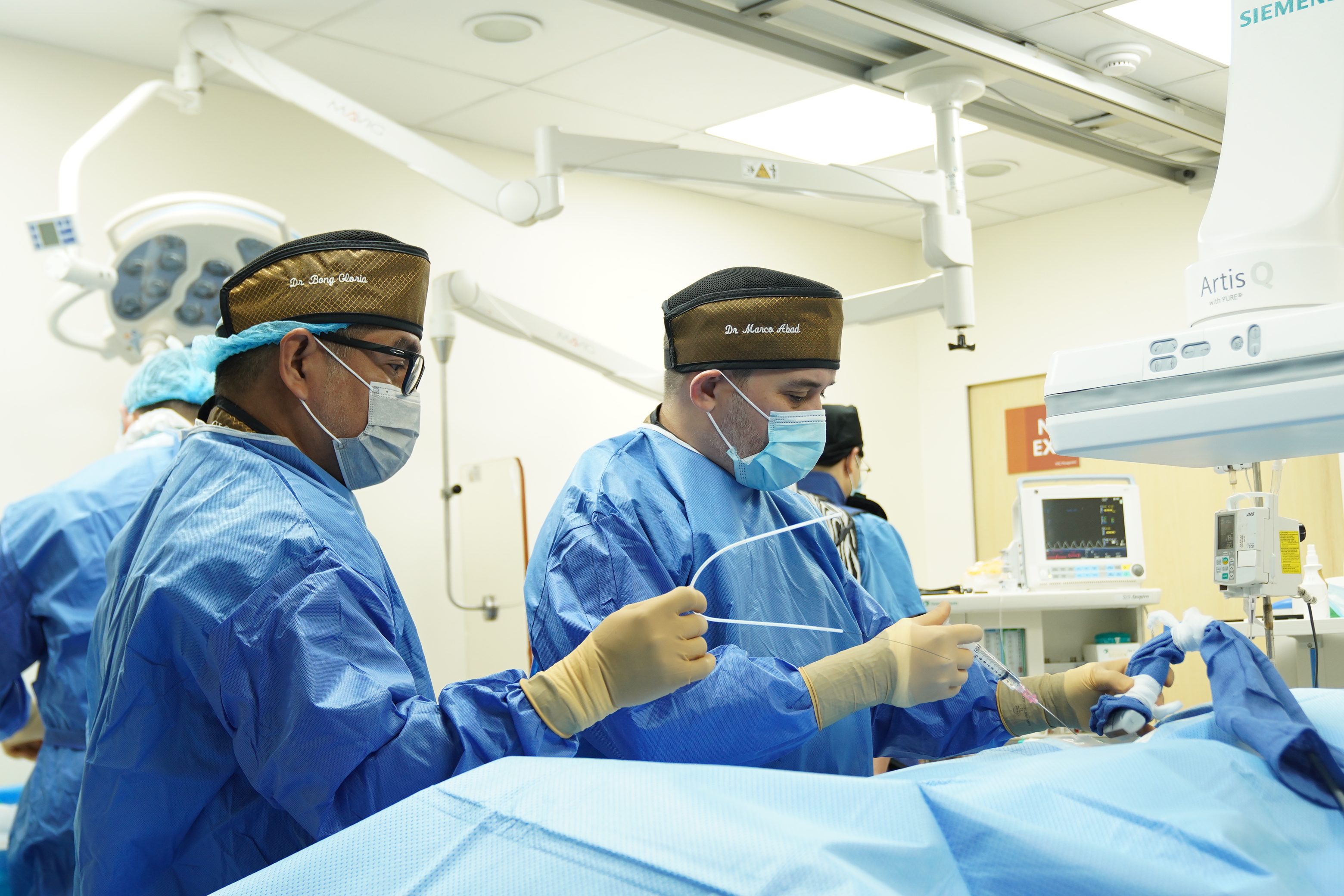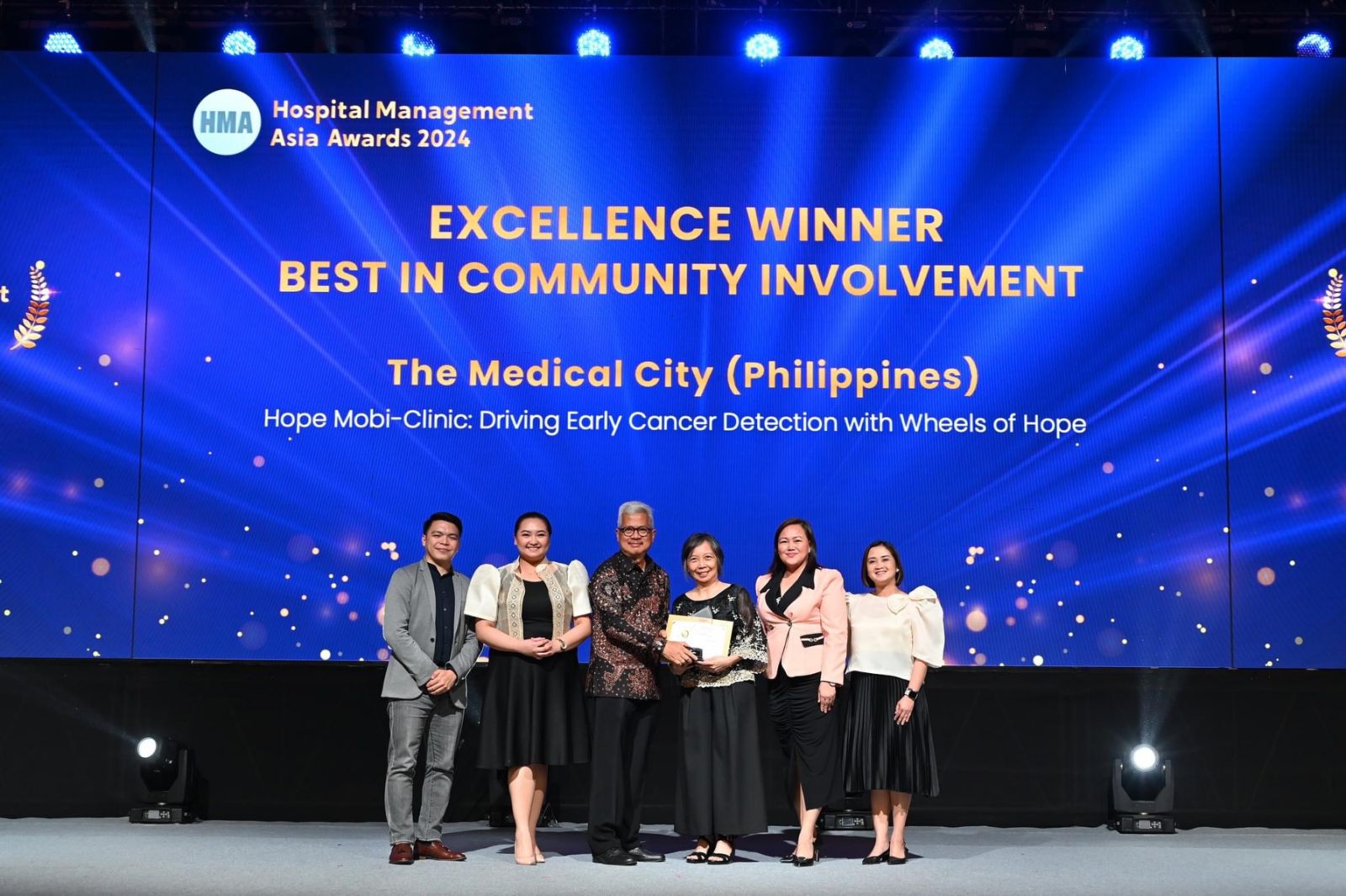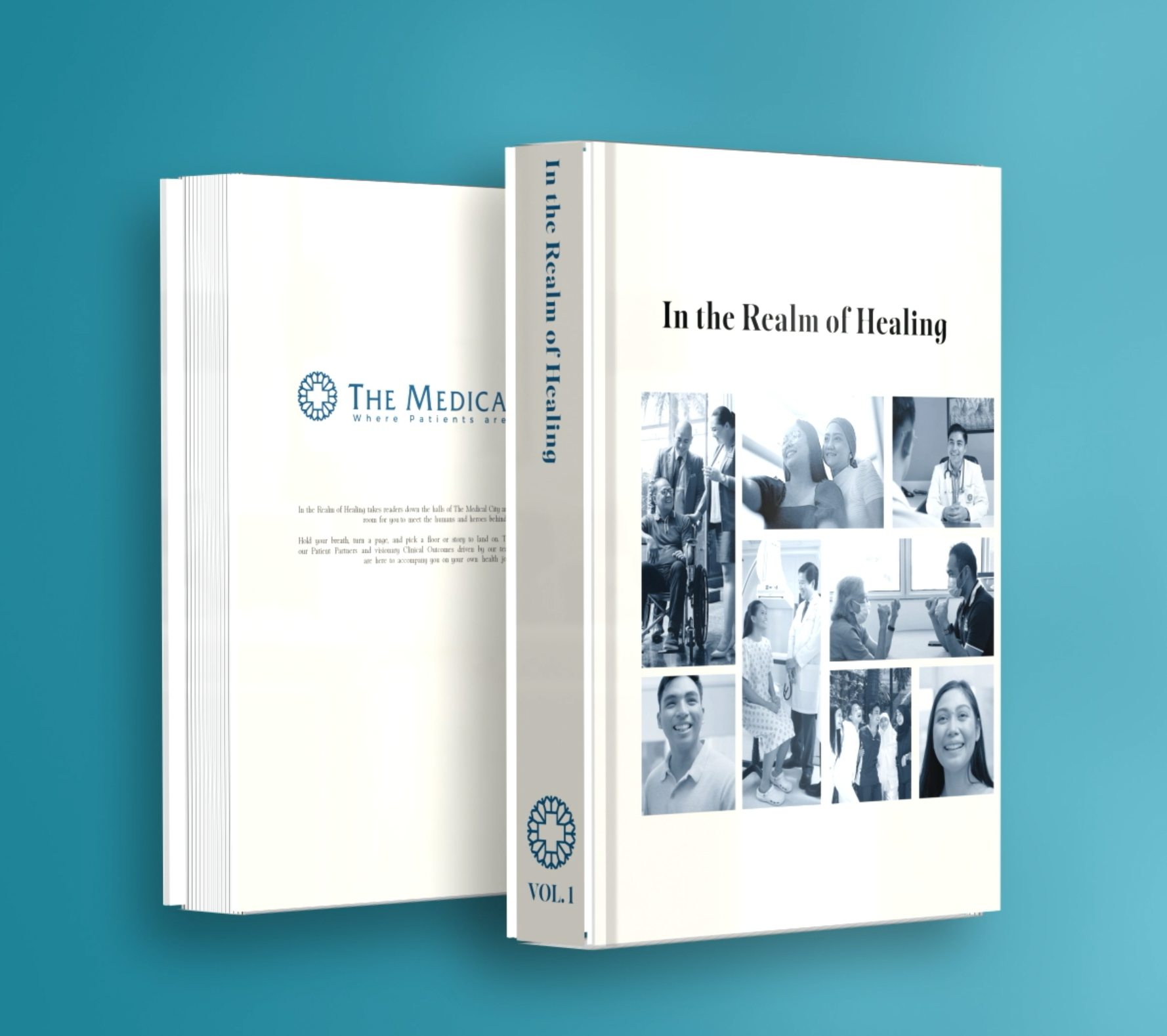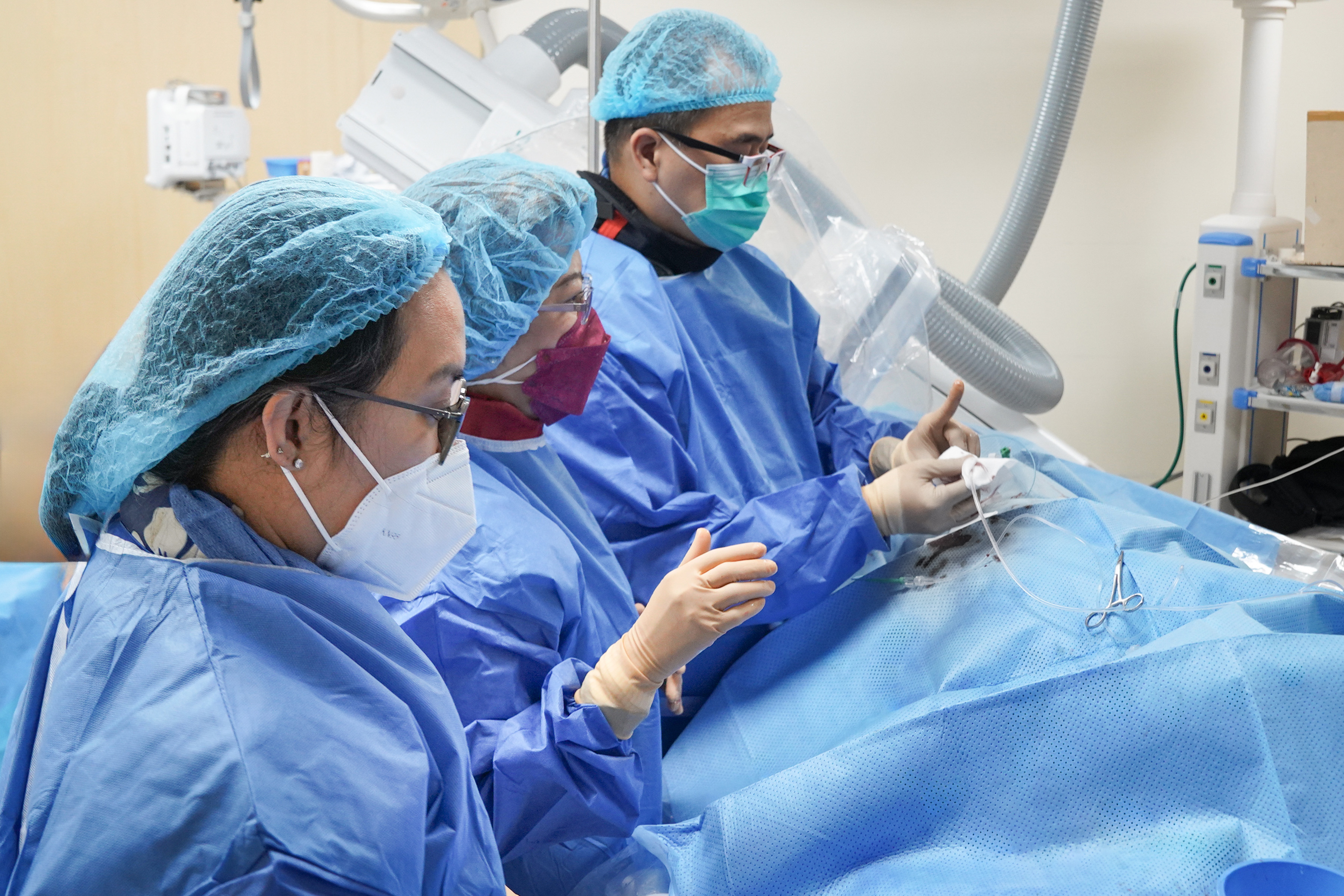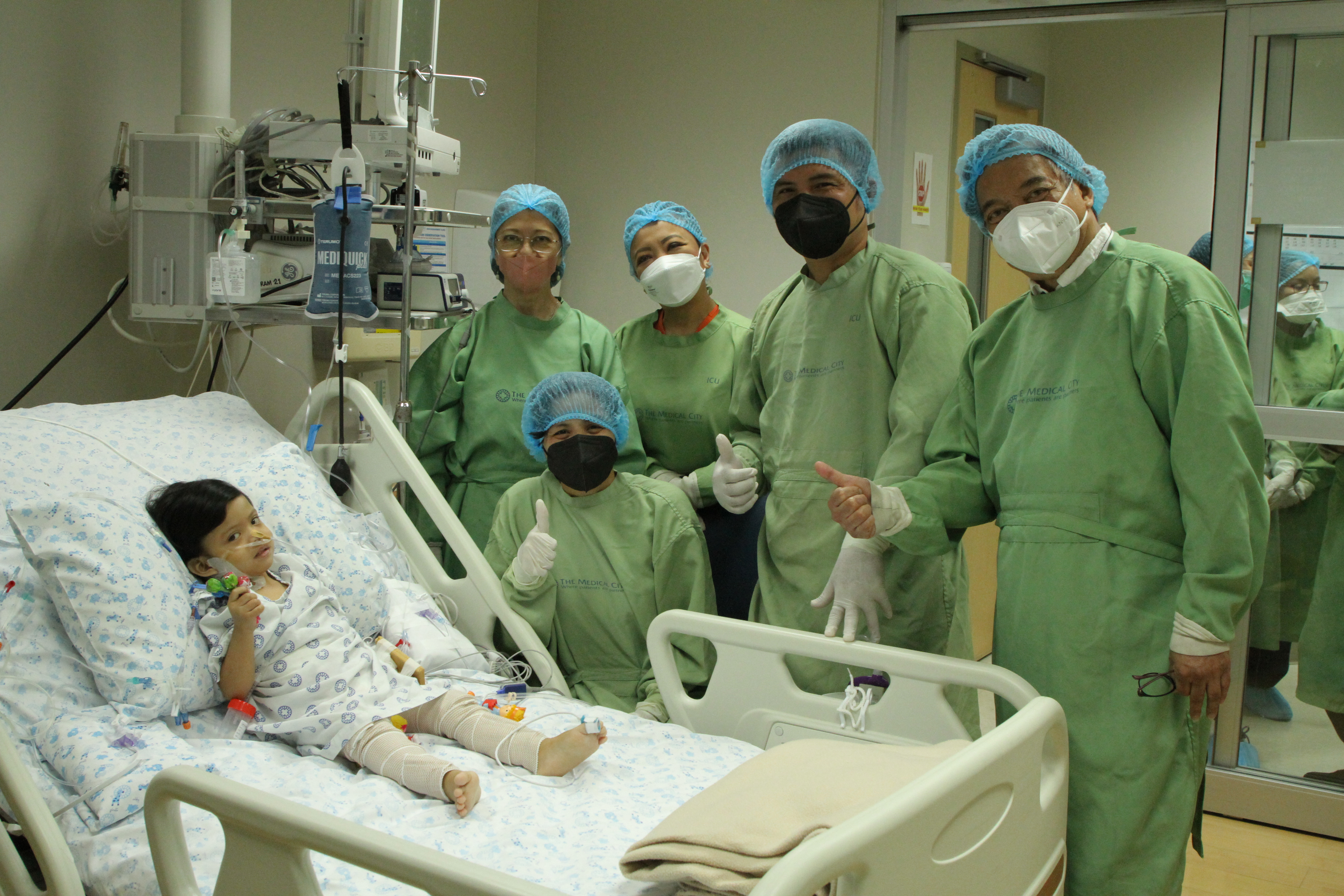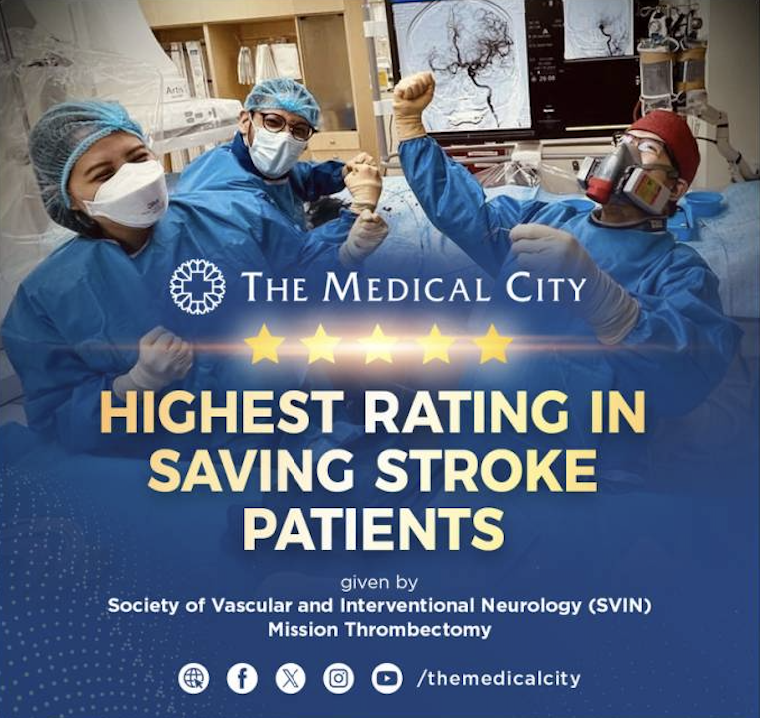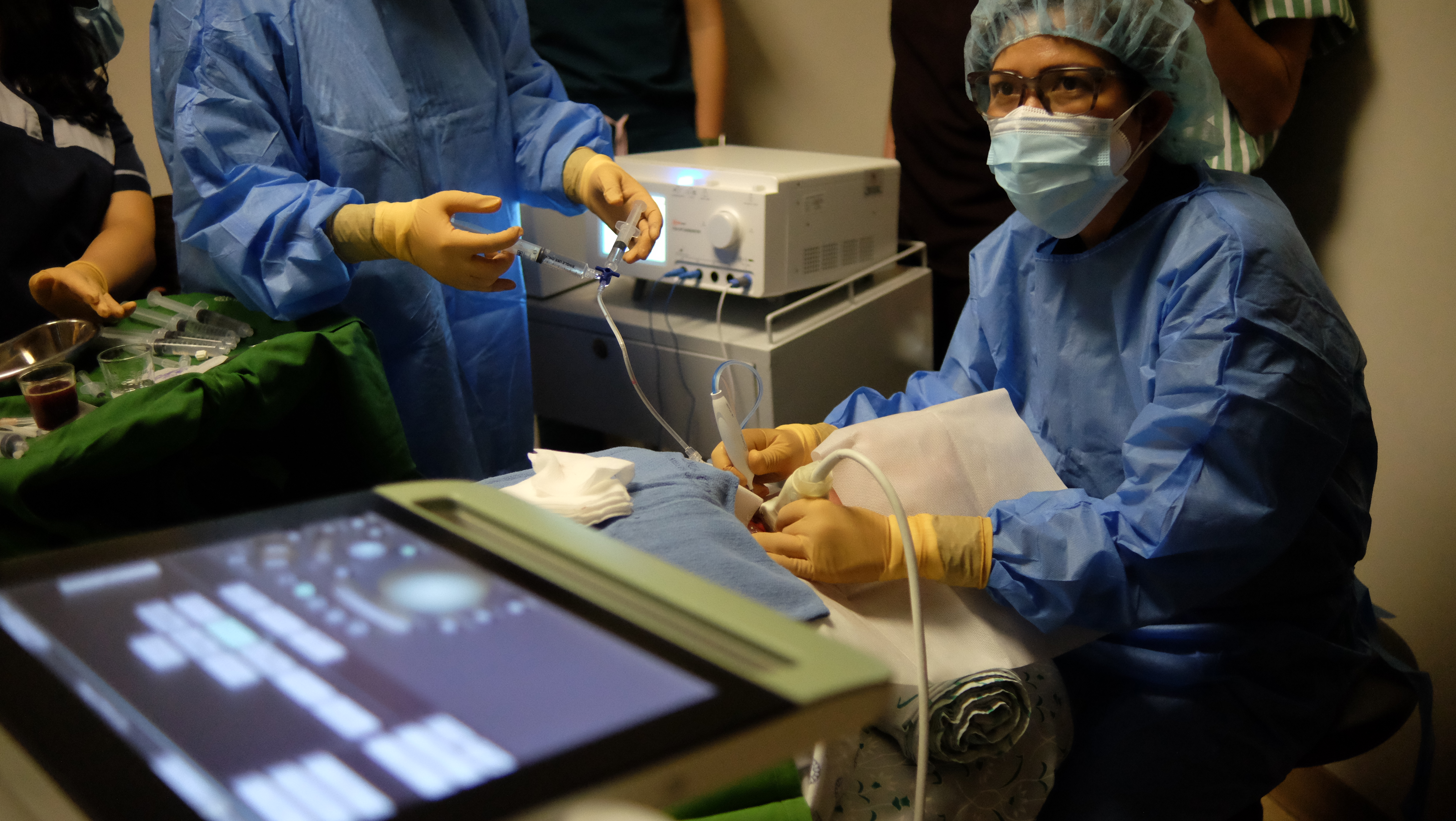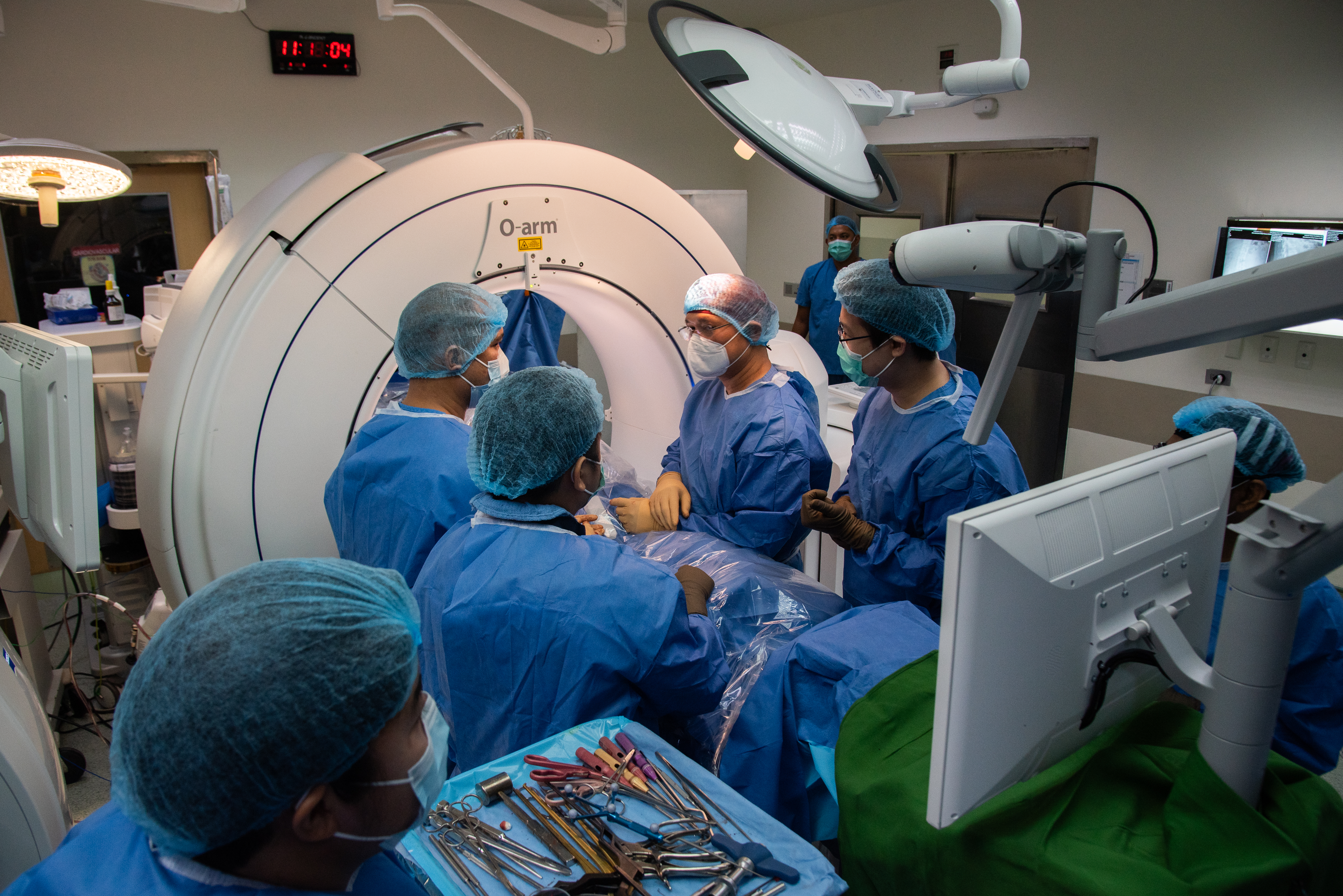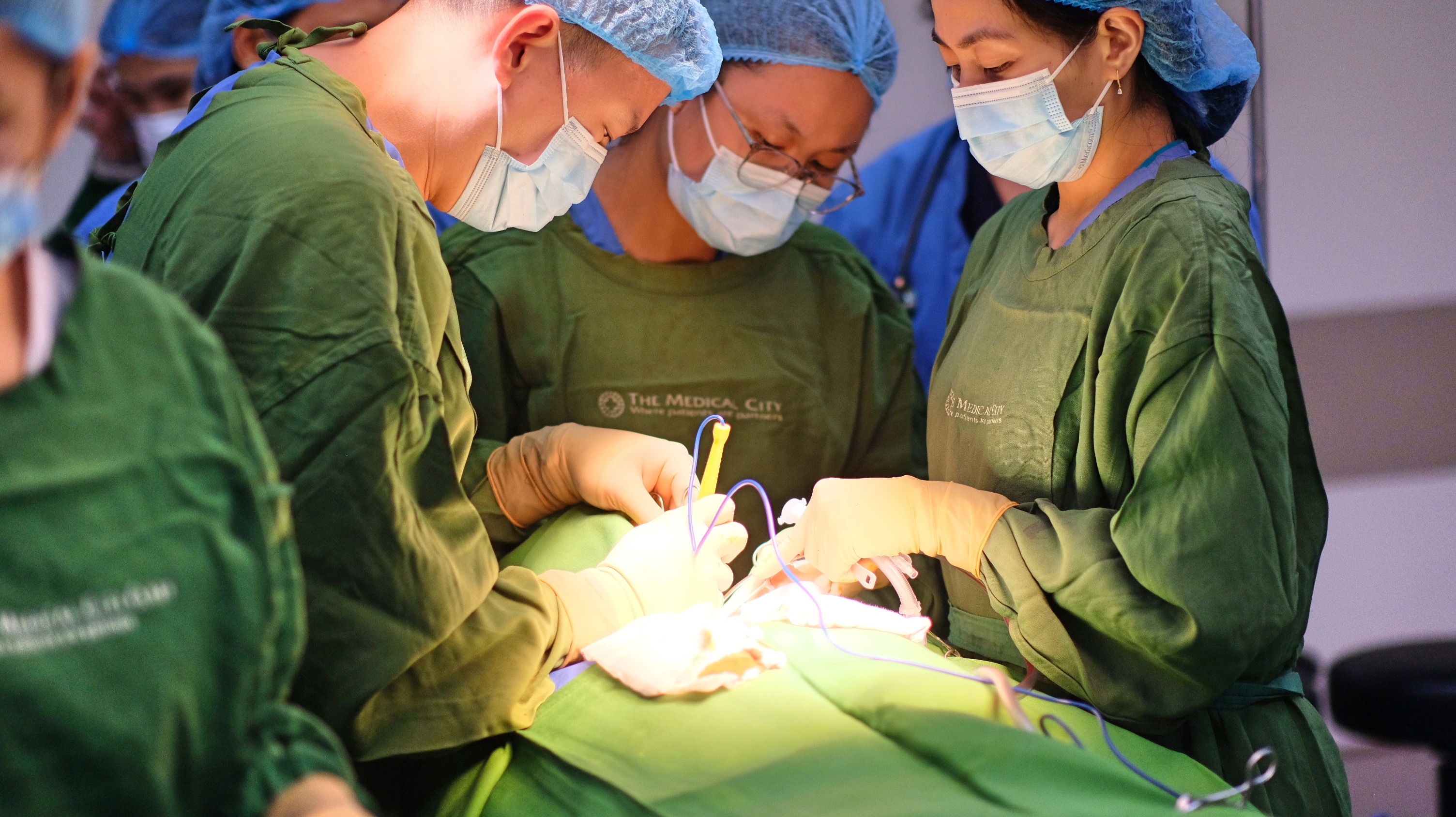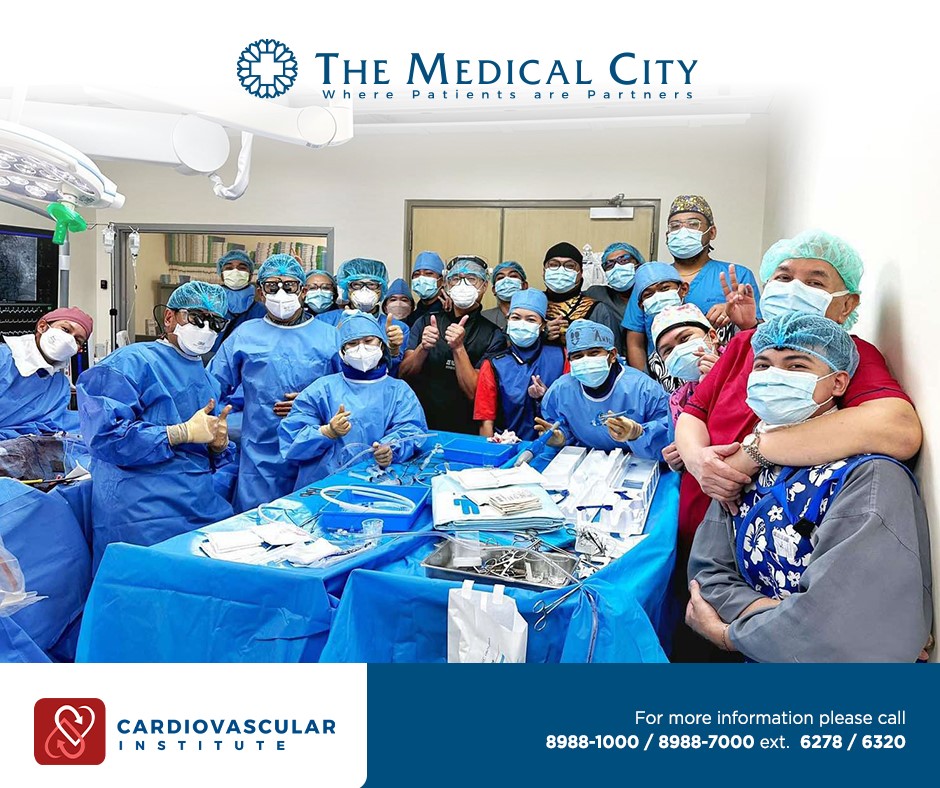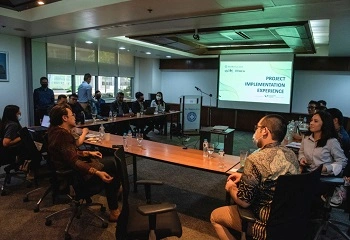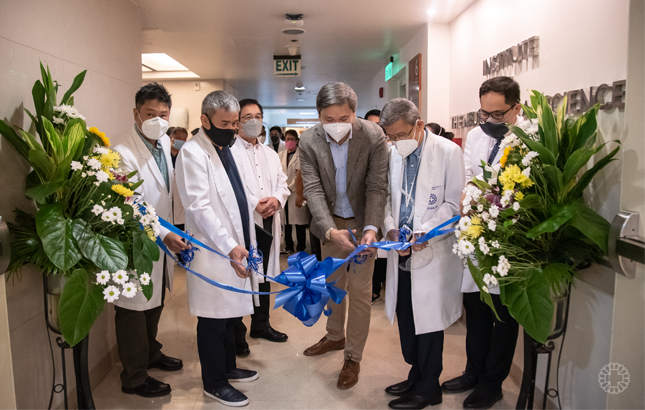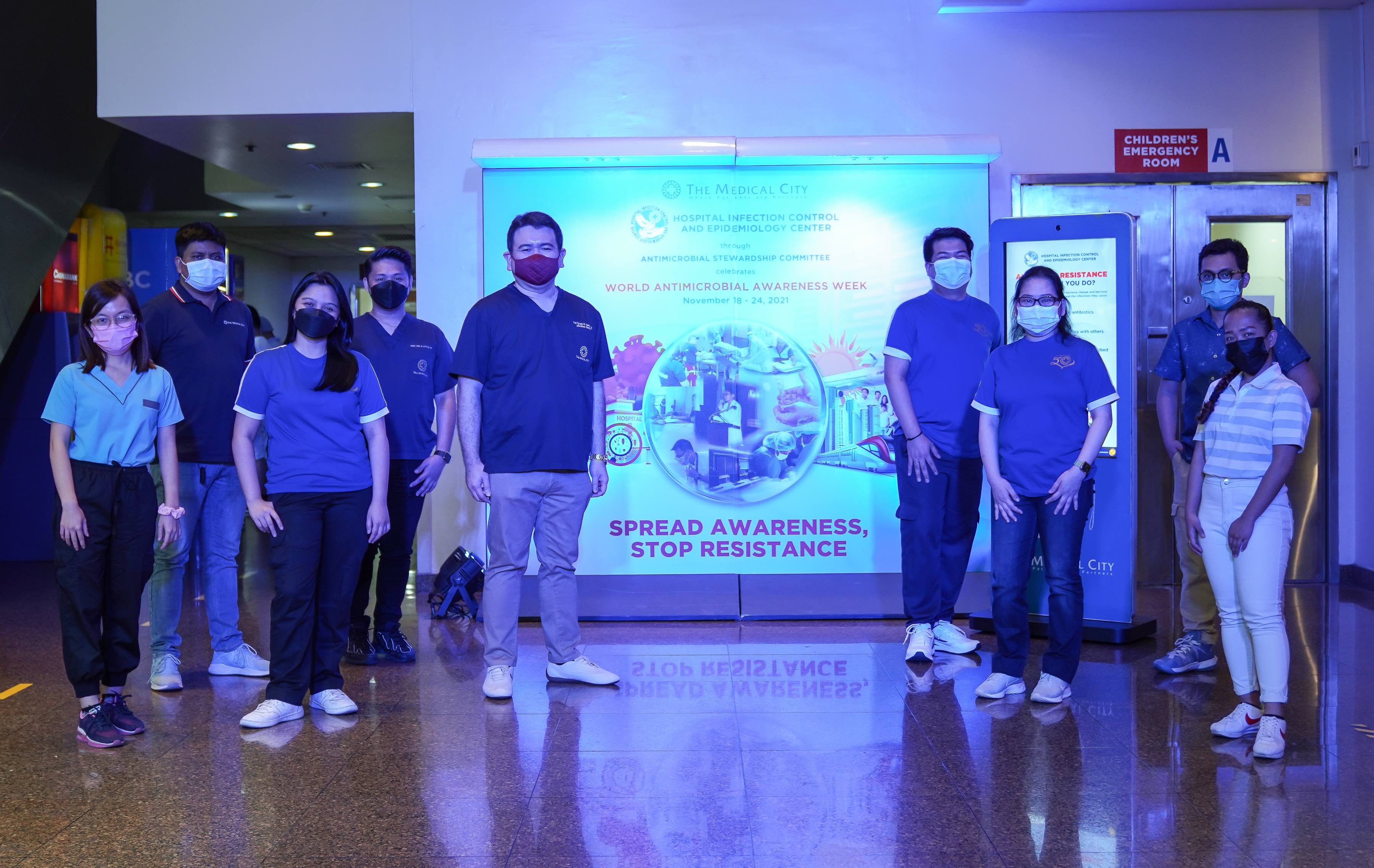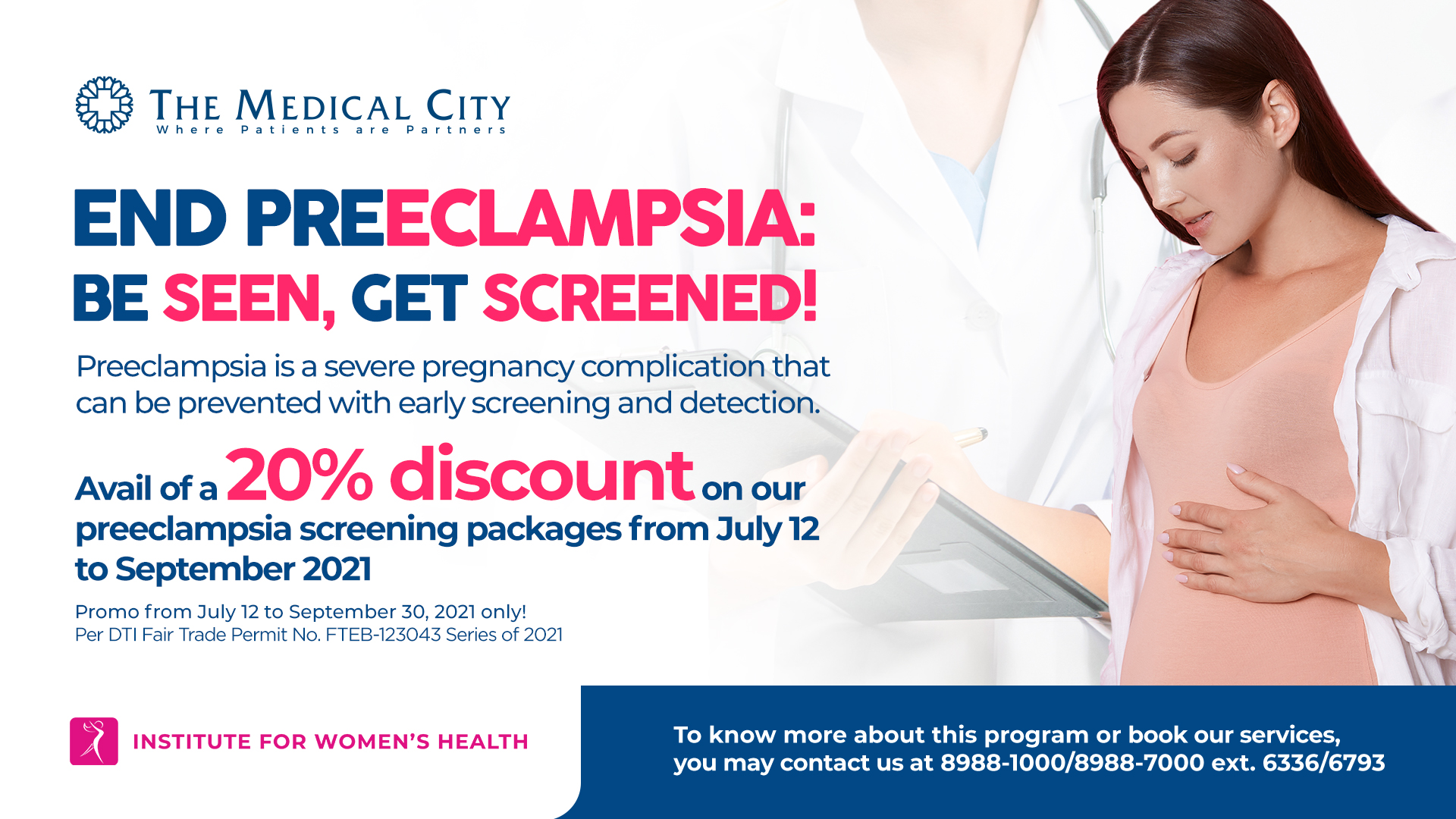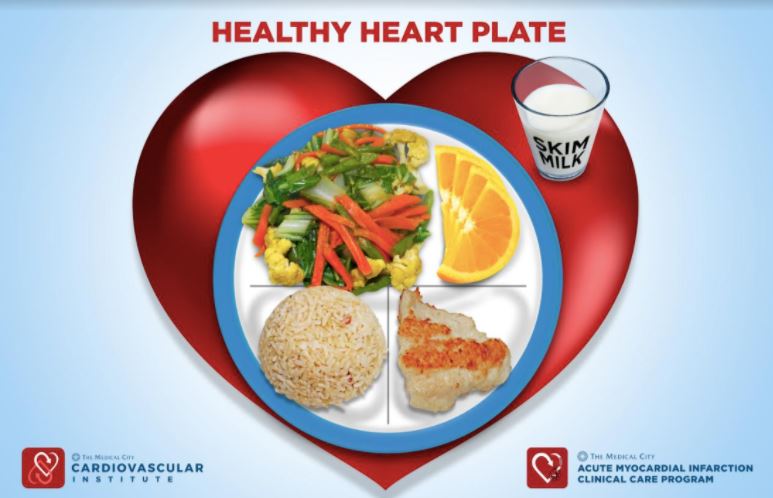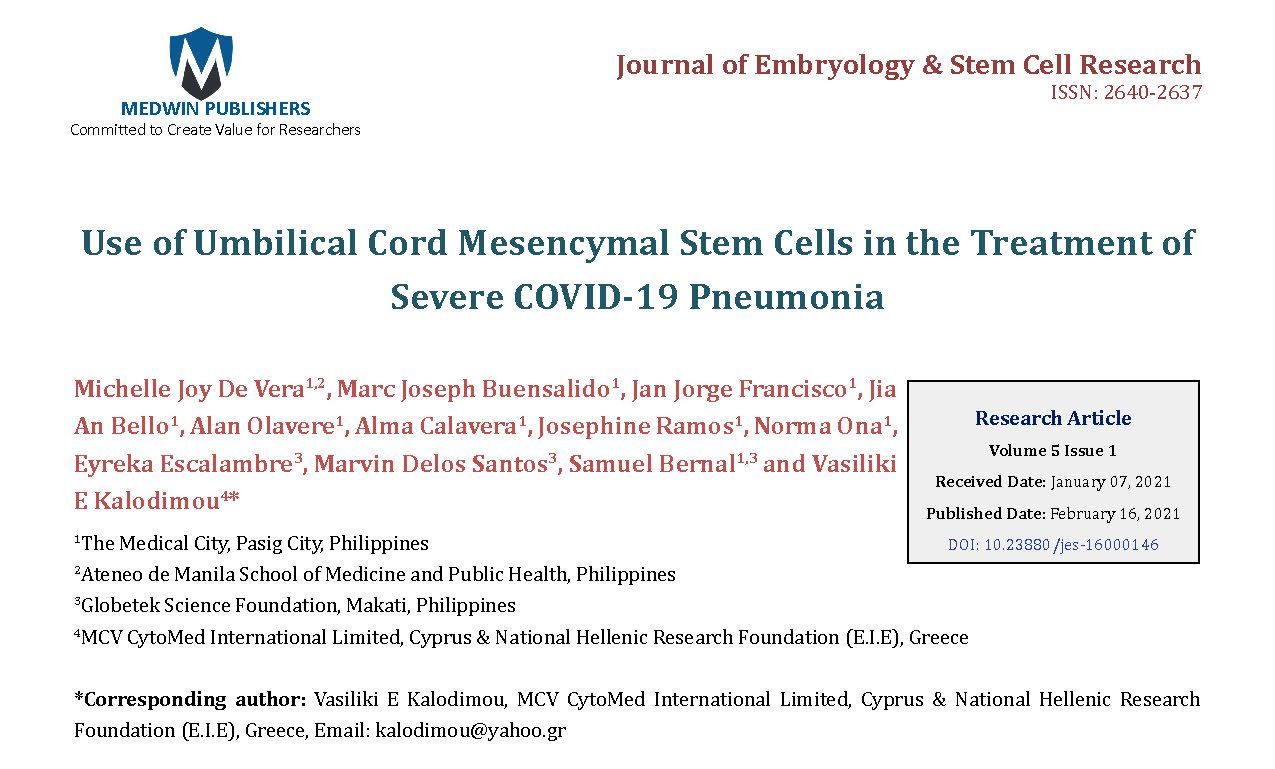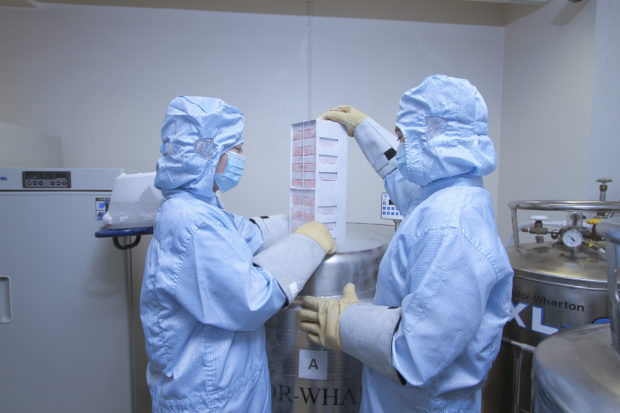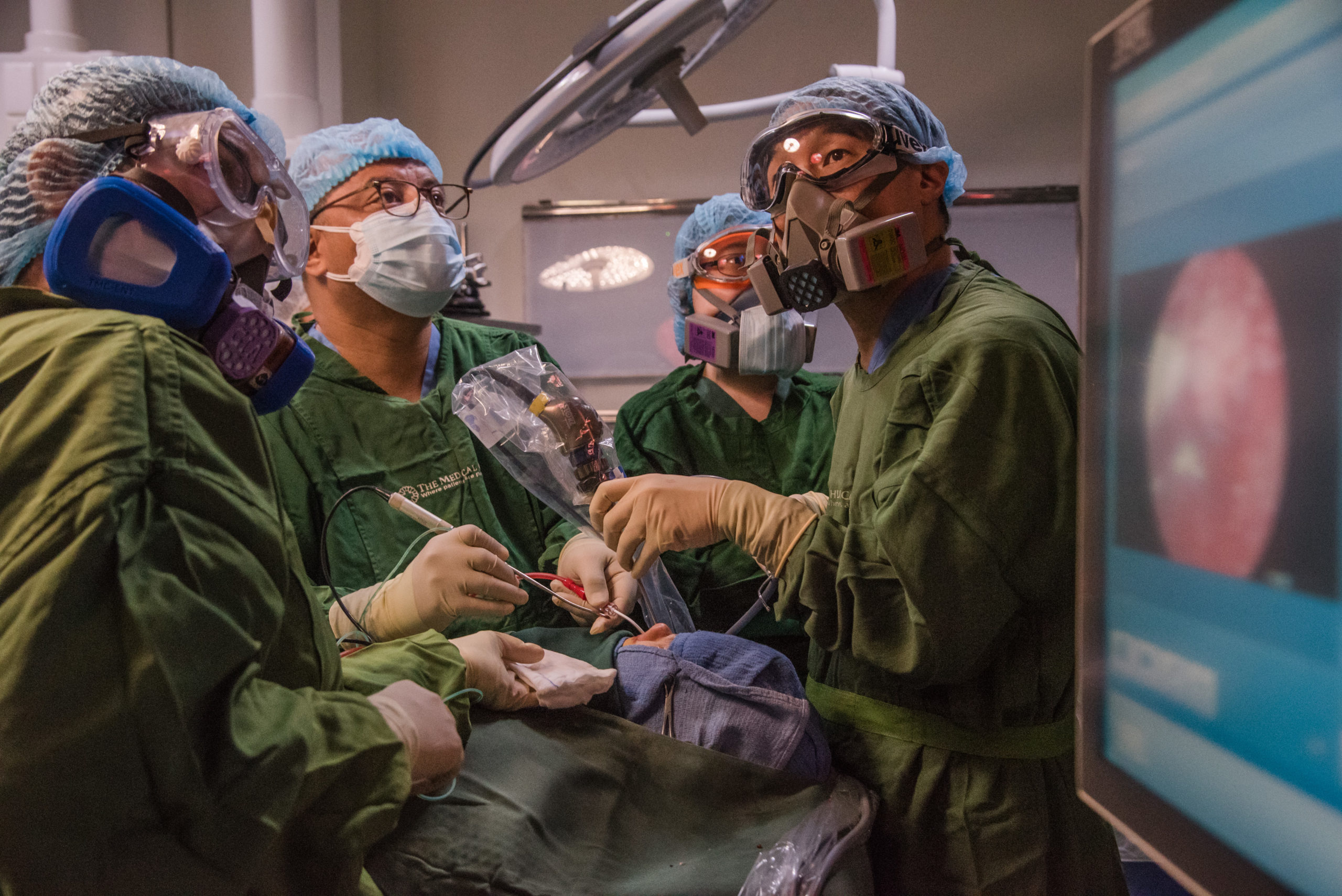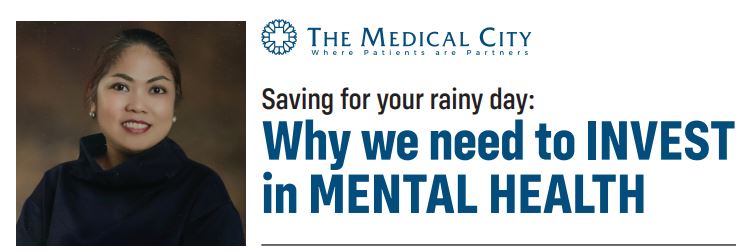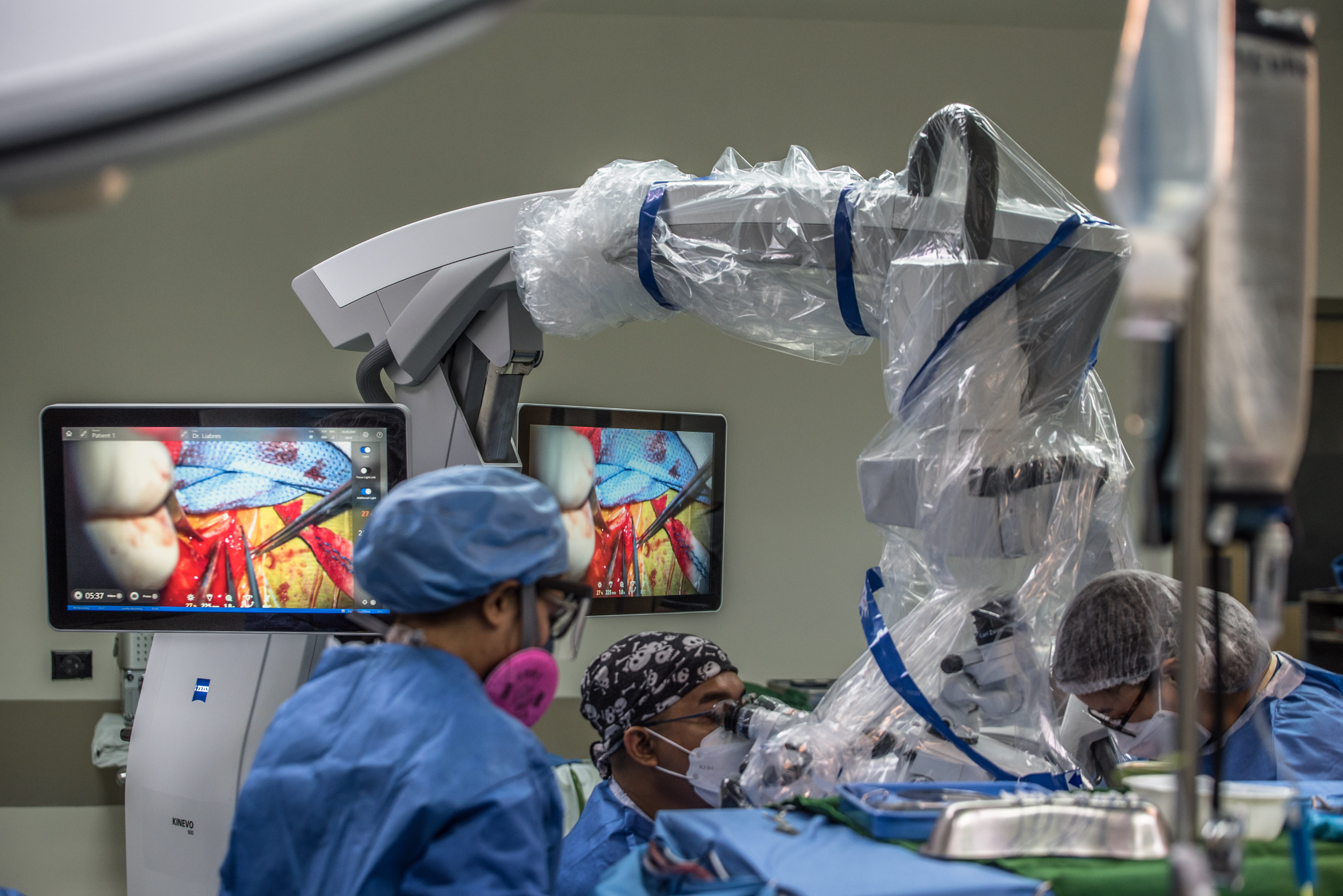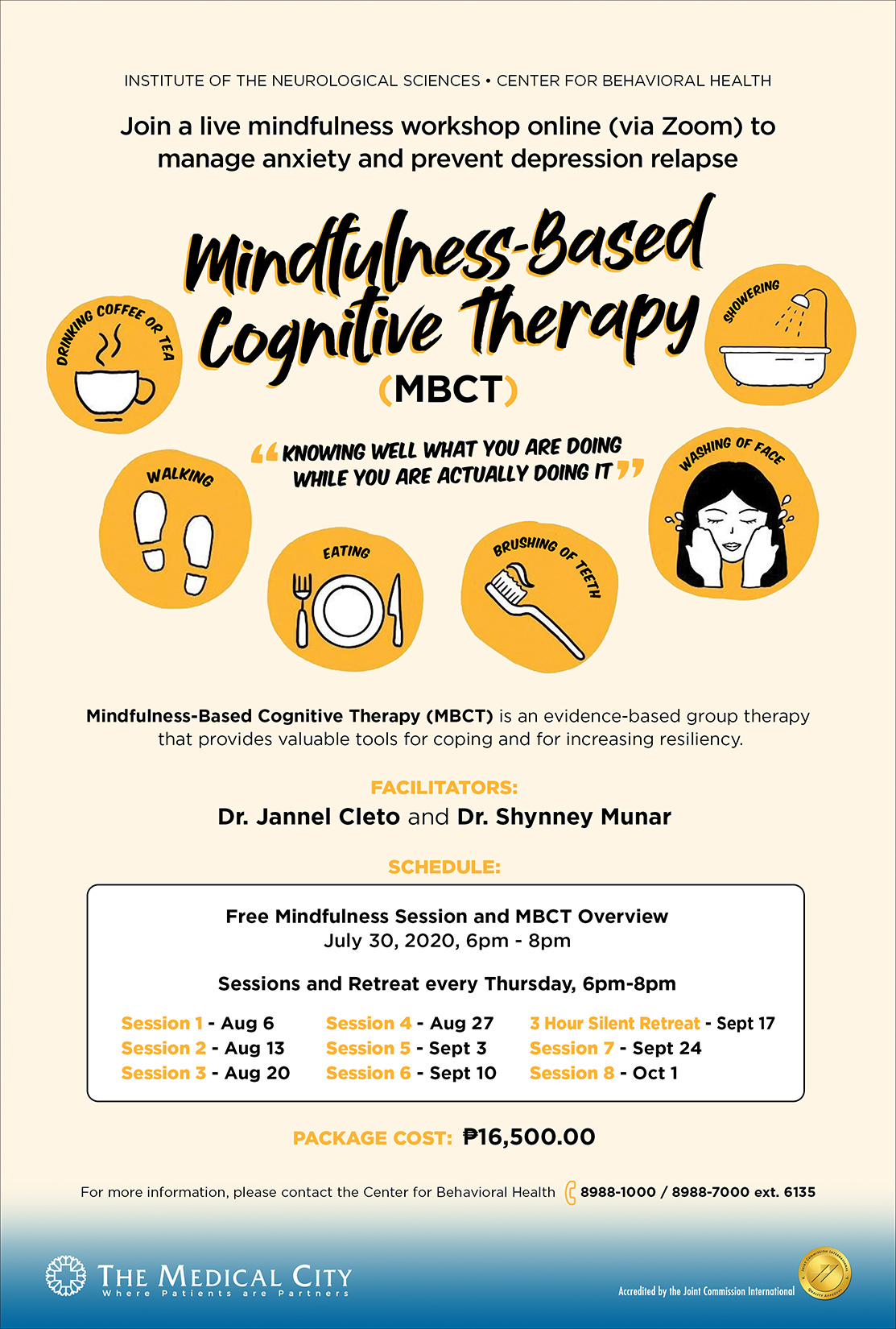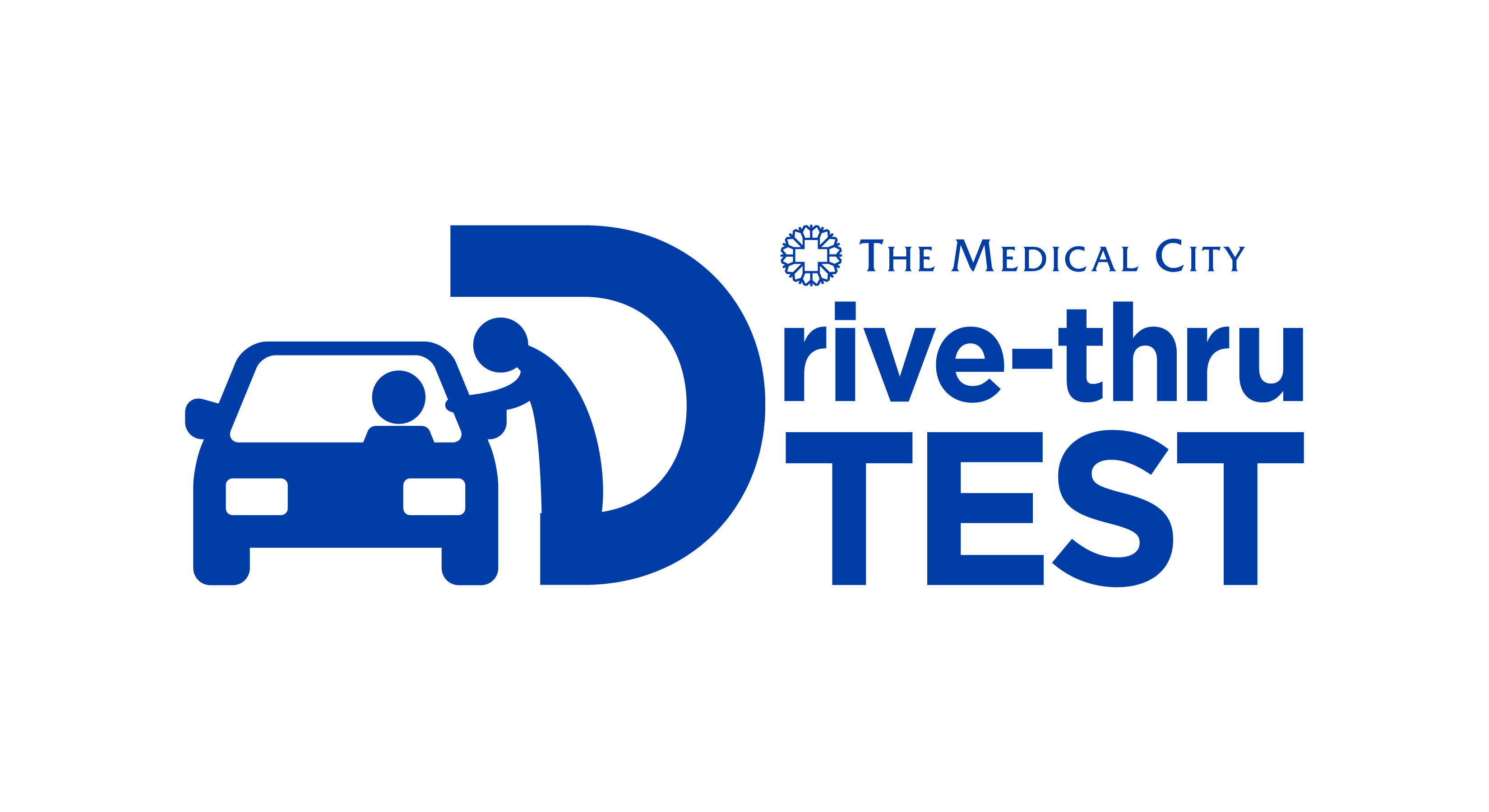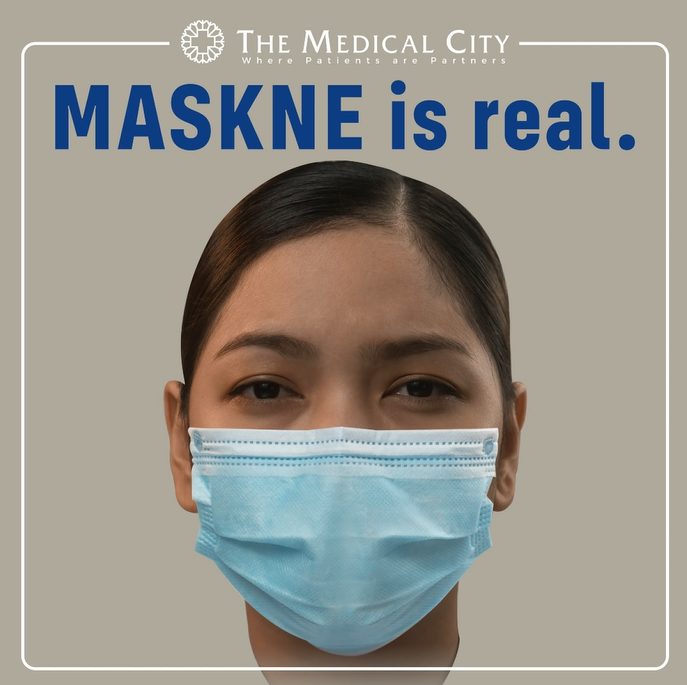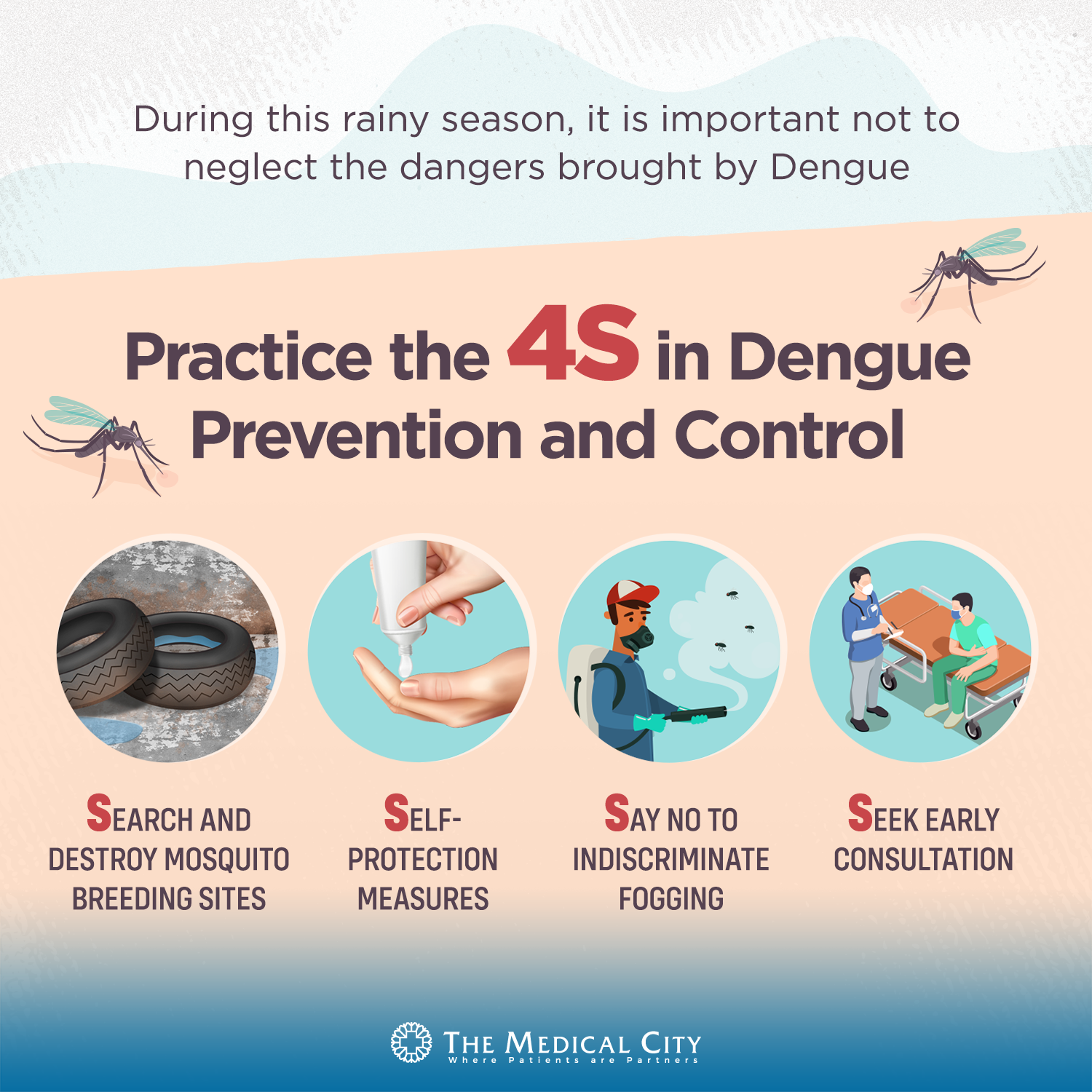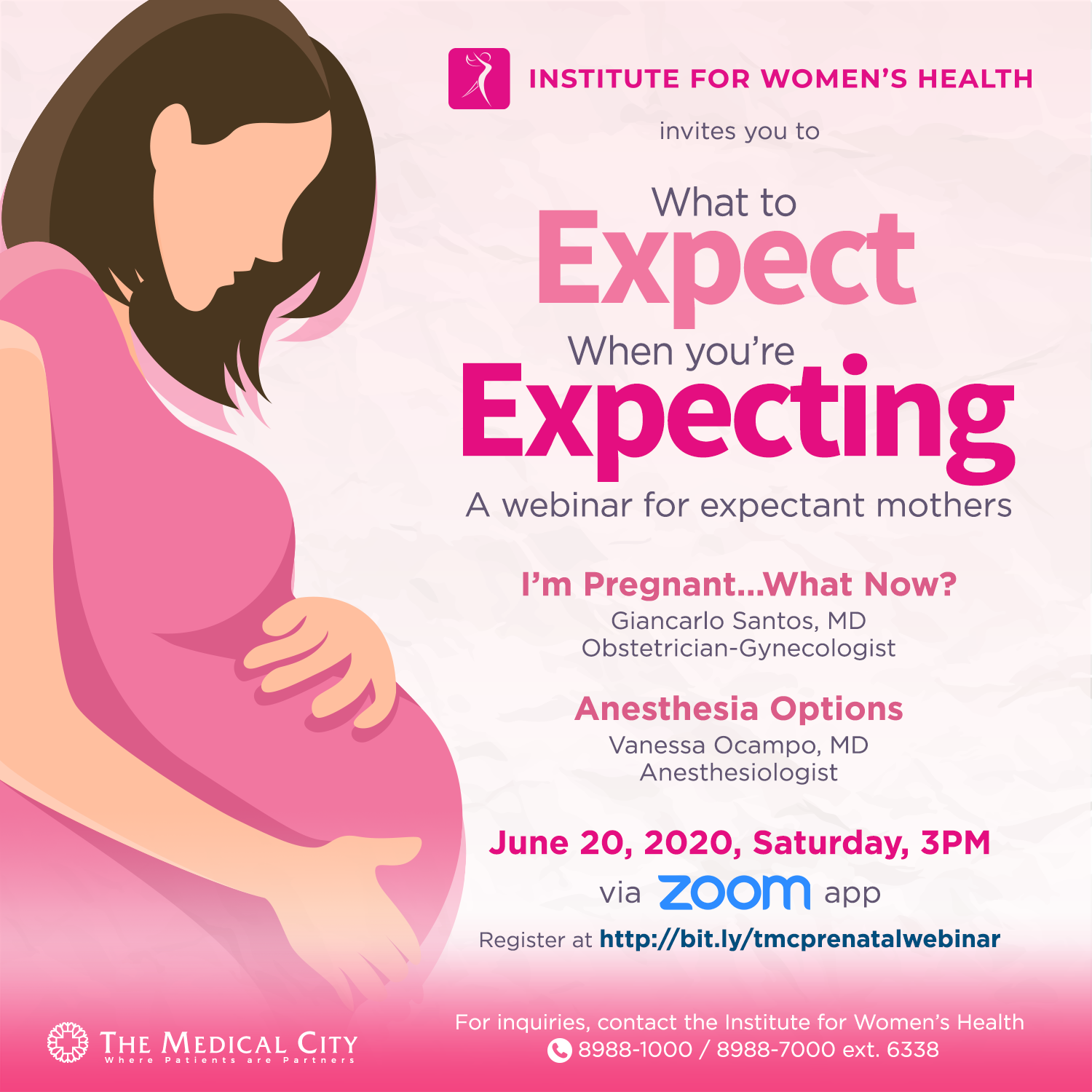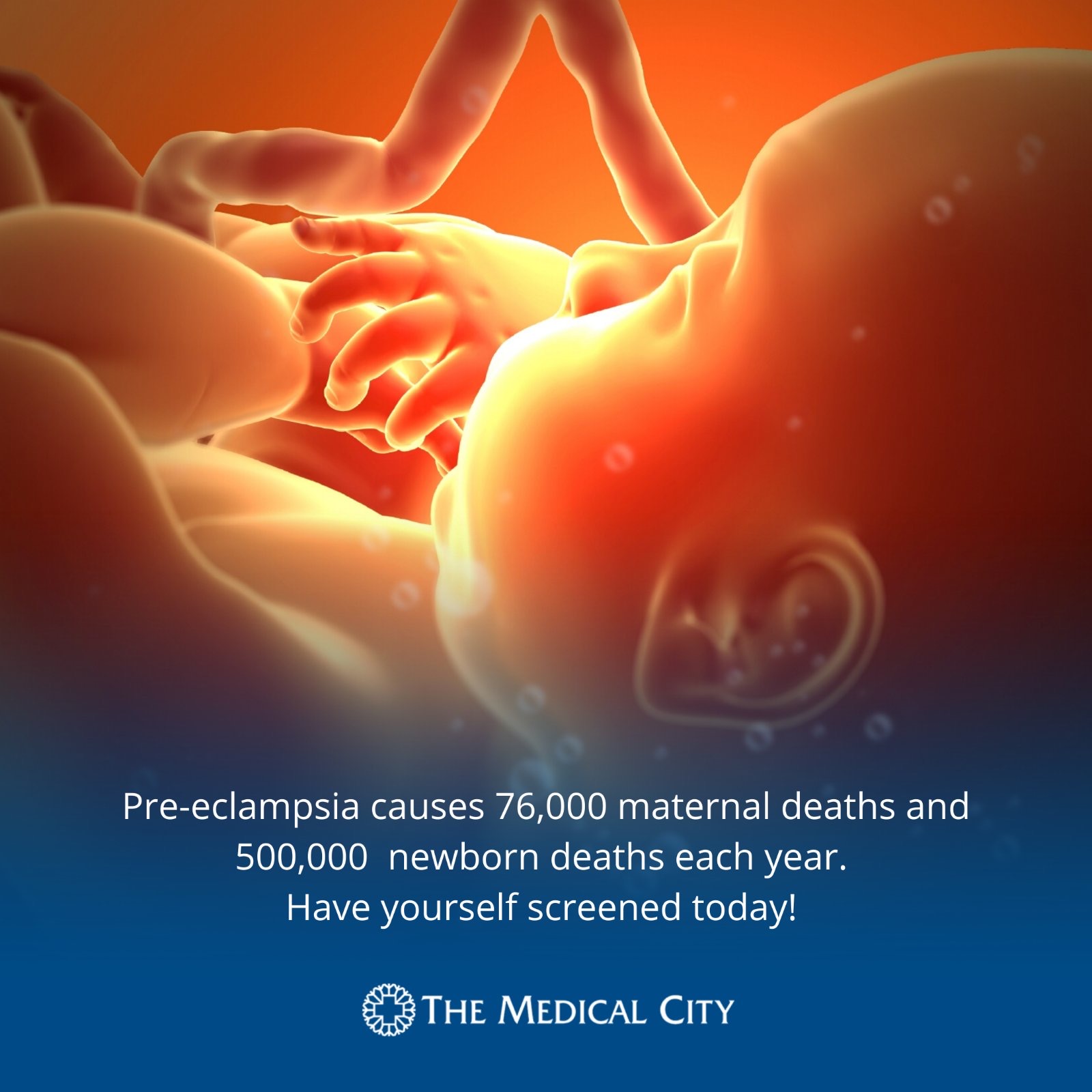COVID-19 Online Screening Tool: Answer on your smartphones or computers within 24 hours prior to your visit to The Medical City.
Liver Cancer and Viral Hepatitis: Prevention is the Key
By Janus Ong, Gastroenterologist and Transplant Hepatologist | January 26, 2021

Liver cancer is an important public health problem worldwide and in the Philippines. Liver cancer claims the lives of close to 800,000 persons every year worldwide and more than half of these are caused by infection with either the Hepatitis B or Hepatitis C virus. In the Philippines, it is the fourth leading cause of cancer and the second leading cause of cancer deaths. More than half of all cases of liver cancer in the Philippines are caused by infection with the Hepatitis B virus. Hepatitis B affects 10% and Hepatitis C affects 0.6% of Filipinos.
Today, I exchanged text messages with my patient who has had a liver transplant for liver cancer caused by infection with the Hepatitis B virus. It has been more than 5 years since his liver transplant and while it has not all been a walk in the park, he has been more fortunate than his three younger siblings who all succumbed to liver cancer and Hepatitis B. The month of January of each year has been declared “Liver Cancer and Viral Hepatitis Awareness and Prevention Month” by Republic Act 10526 to help bring into focus the story of my patient, which is not uncommon, in our country. His story highlights important aspects of the disease and its prevention and the need to raise awareness about it.
Liver cancer is an important public health problem worldwide and in the Philippines. Liver cancer claims the lives of close to 800,000 persons every year worldwide and more than half of these are caused by infection with either the Hepatitis B or Hepatitis C virus. In the Philippines, it is the fourth leading cause of cancer and the second leading cause of cancer deaths. More than half of all cases of liver cancer in the Philippines are caused by infection with the Hepatitis B virus. Hepatitis B affects 10% and Hepatitis C affects 0.6% of Filipinos.
What is the link between Hepatitis B or C and liver cancer? Infection with the Hepatitis B or C virus leads to inflammation and scarring in the liver. Scarring, the most severe form of which is called cirrhosis, can then lead to the development of liver cancer. Liver cancer caused by Hepatitis B or C virus is treated in the same way as liver cancer from other causes. However, many cases of liver cancer in the Philippines are discovered at a late stage where treatment is either not possible or not effective. Prevention of the development of liver cancer and its complications in Hepatitis B or C infection, therefore, is an important aspect of the care of patients with these infections.
There are several ways that we can prevent liver cancer and its complications in those with Hepatitis B and C infection. For those who are already infected with Hepatitis B or C, early detection of liver cancer through screening and surveillance using liver ultrasound and a blood marker called alpha-fetoprotein performed every 6 months in high-risk patients is recommended. High-risk patients include who have severe scarring or cirrhosis, those who have had the infection for a long time, and those with a family history of liver cancer. Early detection leads to improved survival in liver cancer patients. Another way to prevent liver cancer and its complications is to treat the Hepatitis B or C infection. Highly effective treatments for Hepatitis B or C infection are available and have become more affordable. For Hepatitis B infection, the long-term use of oral medications called Entecavir or Tenofovir taken once daily can control Hepatitis B infection and prevent the development of liver cancer. For Hepatitis C infection, highly effective antiviral medications such as Sofosbuvir, Ledipasvir, Daclatasvir, and Velpatasvir used in various combinations have been associated with very high cure rates which have been shown to decrease the risk of liver cancer.
Because early detection of liver cancer and early treatment of Hepatitis B or Hepatitis C is effective in preventing liver cancer and its complications, it is important to screen for Hepatitis B and C. Screening for Hepatitis B and Hepatitis C is recommended for those exposed to blood products before 1994, born to infected mothers, with close household contacts with Hepatitis B or C, those who have used intravenous drugs, and those with liver disease. Anyone who desires to be tested should be undergo testing and linked to care.
The single most important strategy to prevent liver cancer is to prevent infection with Hepatitis B or C. For Hepatitis B, a highly effective vaccine is available. It is mandatory that all infants should receive the Hepatitis B vaccine within 24 hours of birth as stipulated in Republic Act 10152. Infant Hepatitis B vaccination is provided free by the Department of Health and is included in the Philhealth Newborn Care Package. For Hepatitis C, there is no vaccine available; prevention of infection is directed towards reducing the risk of exposure to the virus in health-care settings and in high-risk populations, for example, people who inject drugs.
For more information about the services of The Medical City Center for Liver Health and Transplantation, call 8988-1000 / 8988-7000 ext. 6506.
Dr. Janus P. Ong is a gastroenterologist and transplant hepatologist from the Center for Liver Health and Transplantation, The Medical City Ortigas.
Related News SEE ALL NEWS

Health
The Gift of a Second Life

Health #MyTMCExperience Press Room
She Thought It Was Just Heartburn—It Was Actually a Heart Attack
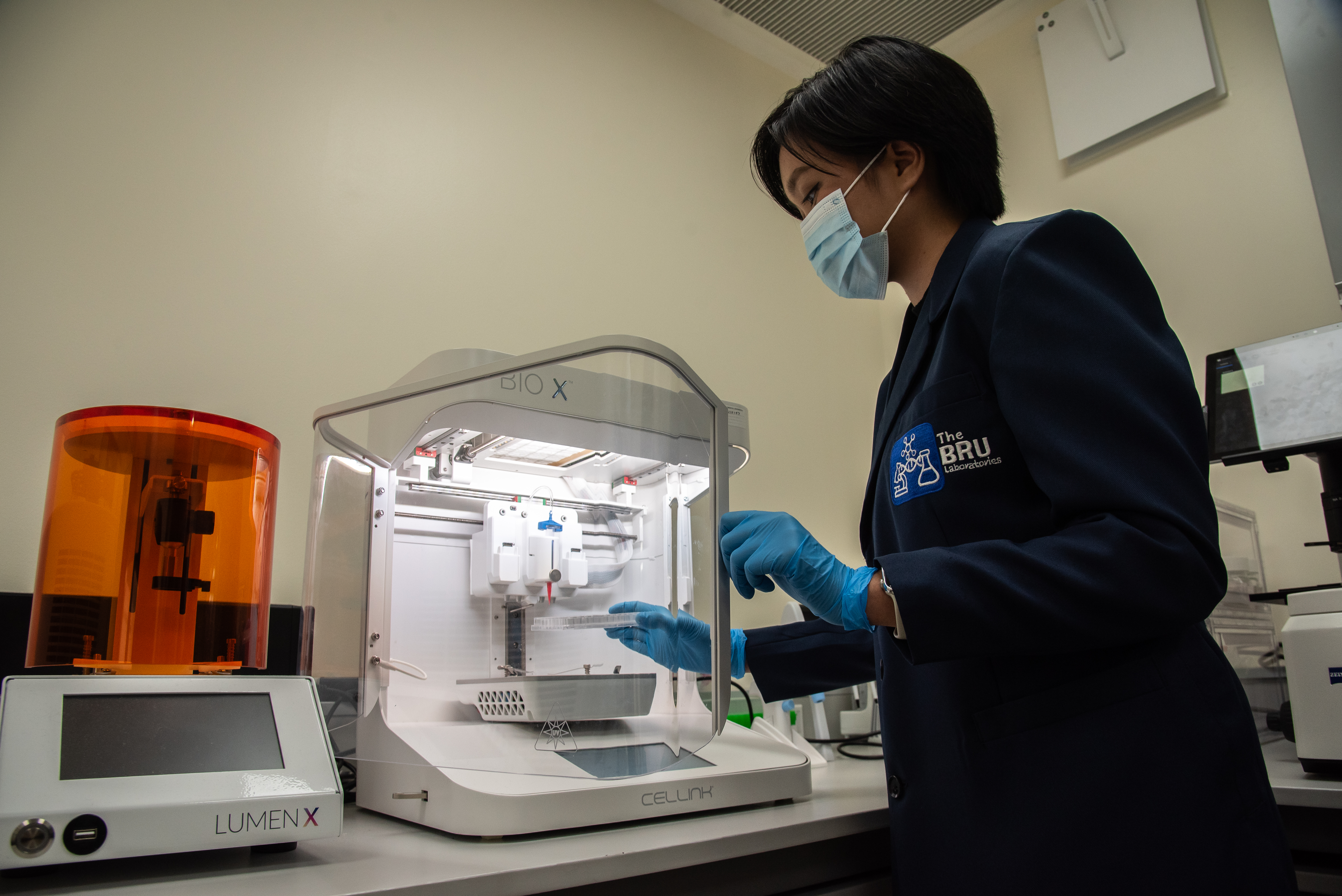
Health Research
Tissue Engineering for a Future without Organ Shortages
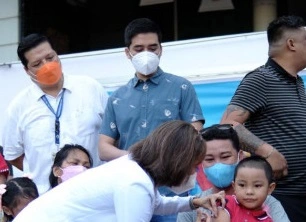
Health Press Room
Chikiting Ligtas: Addressing the Gap in Immunization Coverage

Health Corporate
Notice to the Shareholders of Professional Services Inc. (PSI)

Health Corporate
Notice to the Shareholders of Professional Services Inc. (PSI)

Health Corporate
Notice to the Shareholders of Professional Services, Inc. (PSI)

Health #MyTMCExperience
Friendship goals: See the world better, TOGETHER
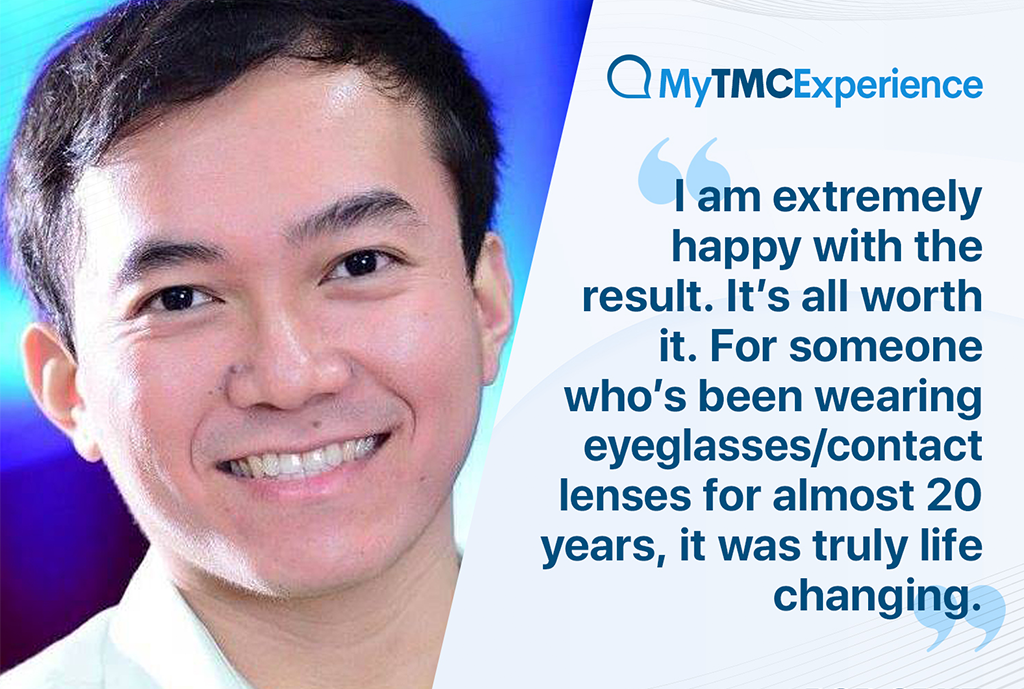
Health #MyTMCExperience
#MyTMCexperience: Rod Cruz

Health TeleHealth COVID-19
Back to Health, Back to the City

Health Corporate Advisories
Notice of Annual Meeting of Stockholders

Health Corporate
Pedalling through Safety

Health
Diabetes and COVID-19

Health
FAQs on Patient Portal

Health
2021 Holy Week Schedule
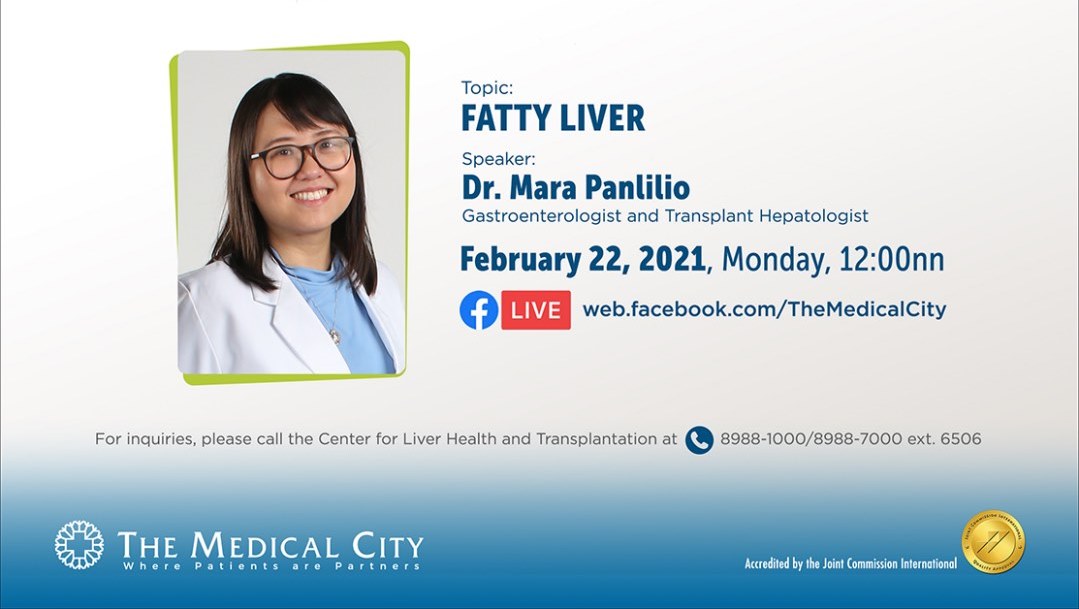
Health
How serious is fatty liver?

Health Desk of the President
Oxford Business Group: The Report 2021 - Addressing the Gaps

Health TeleHealth
Need an advice from an Orthopedic Specialist?

Health
Welcome 2021 in good health

Health
Change Your 2020 Vision

Health COVID-19
Convalescent Plasma Donation for COVID–19 Survivors

Health
FAQs on TMC Drive-thru Lab

Health
Be in and out in 90 minutes

Health
Schooling in the New Normal
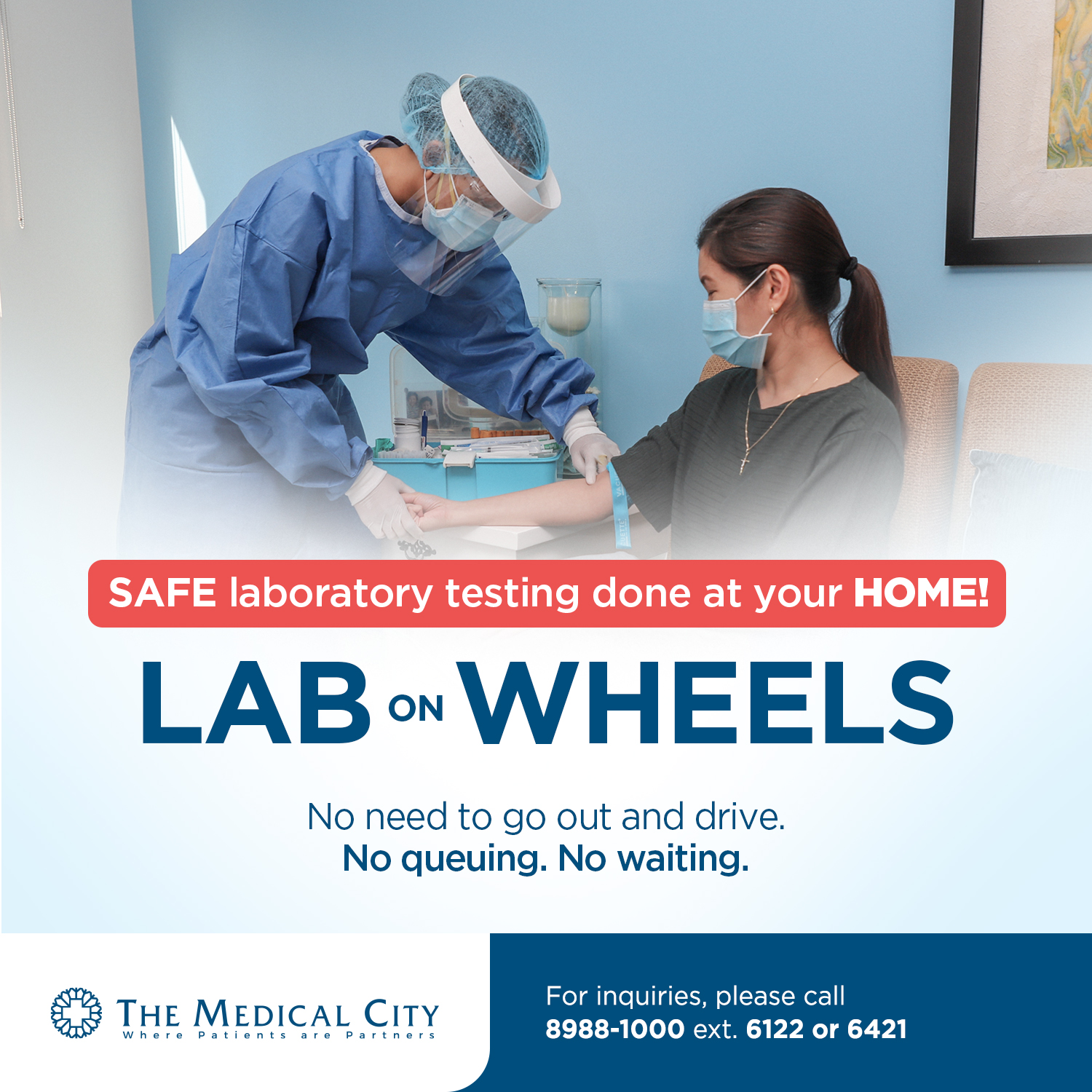
Health
TMC Lab on Wheels

Health
Autism

Health
Eye Health in Computer Work

Health
Speech Delay
Copyright © 2020 The Medical City. All rights reserved.

